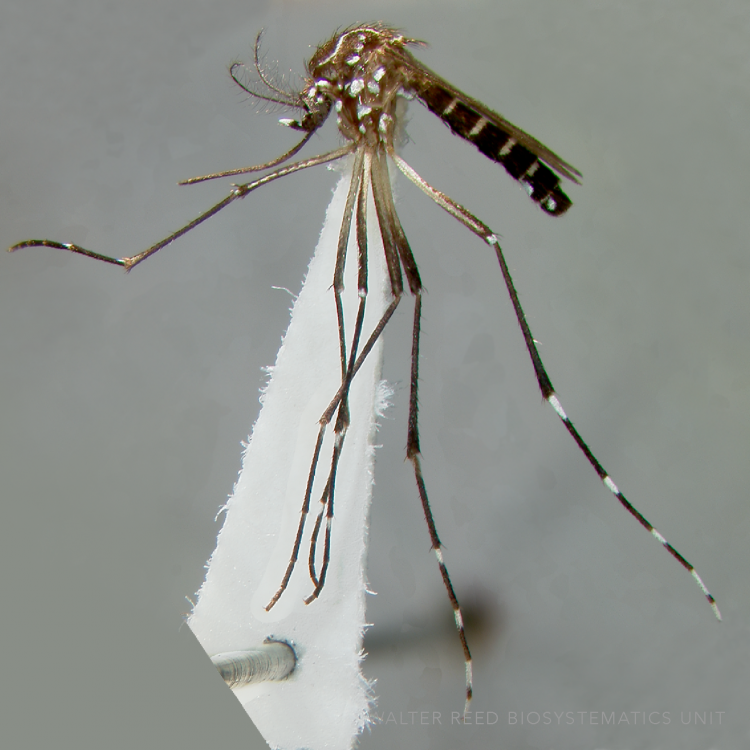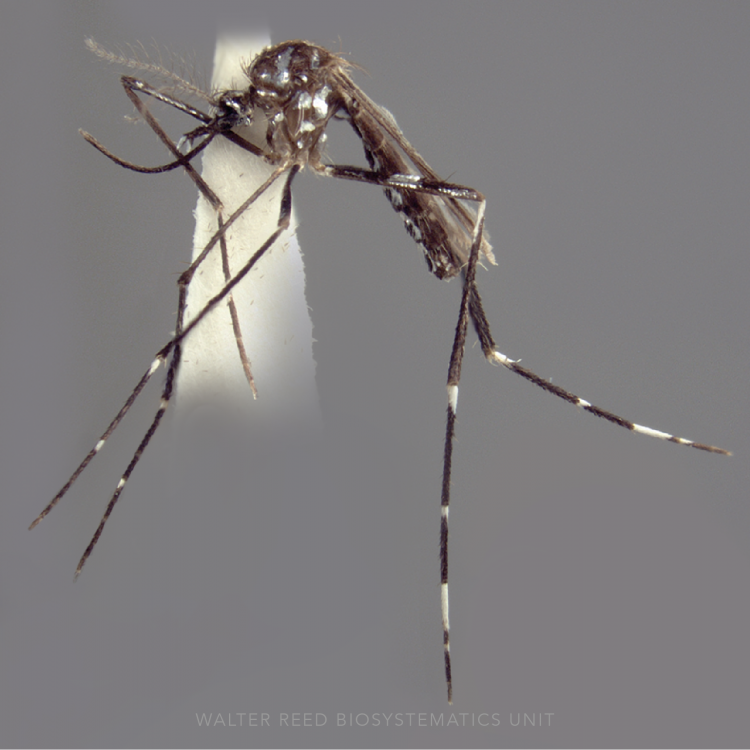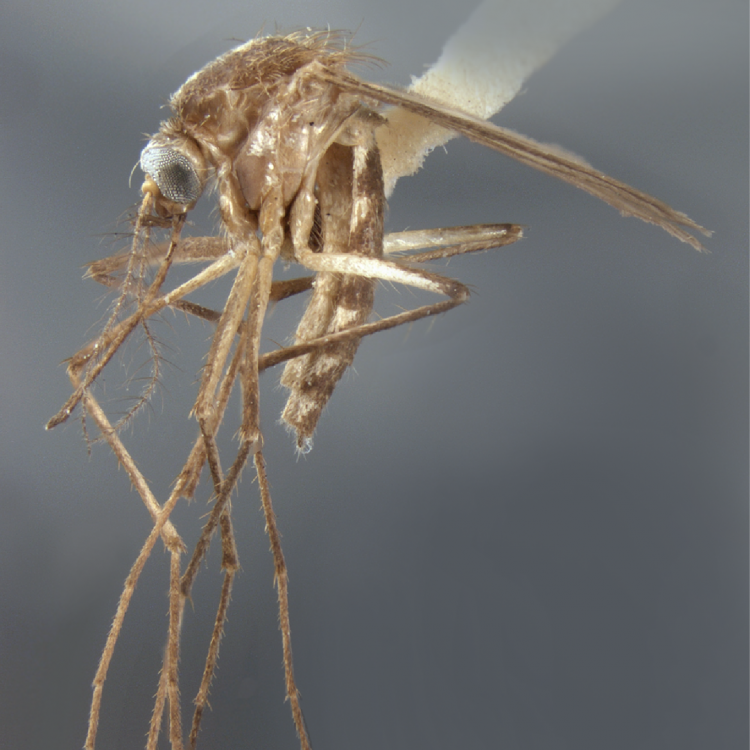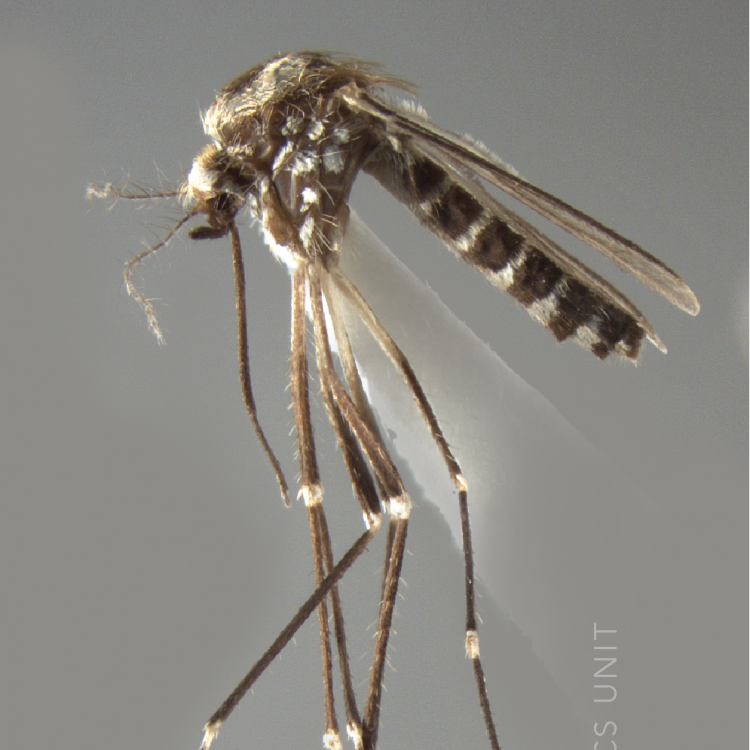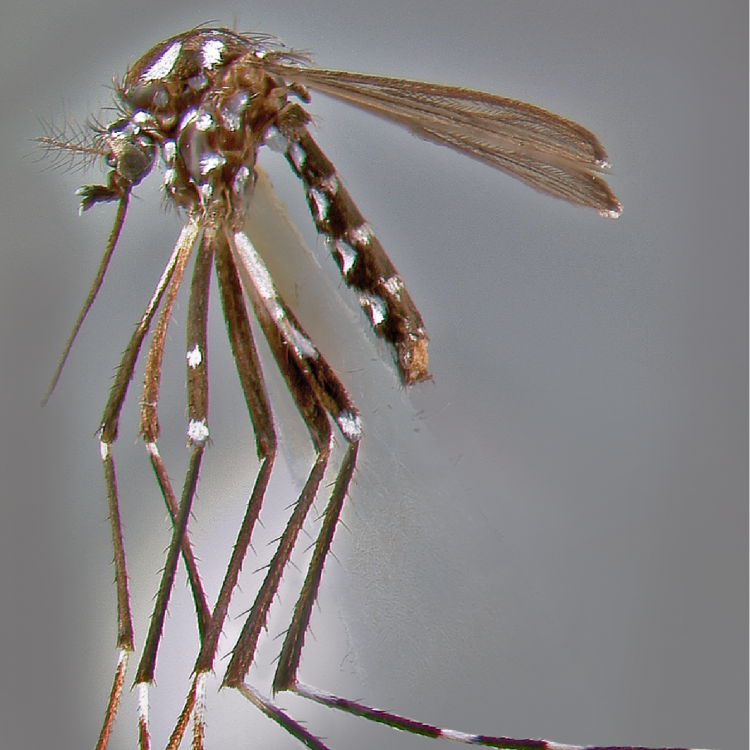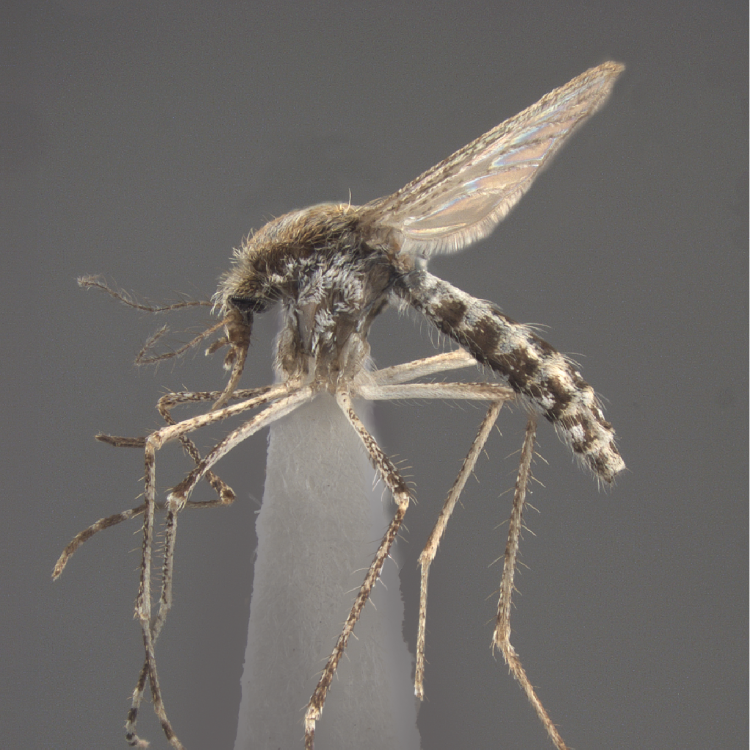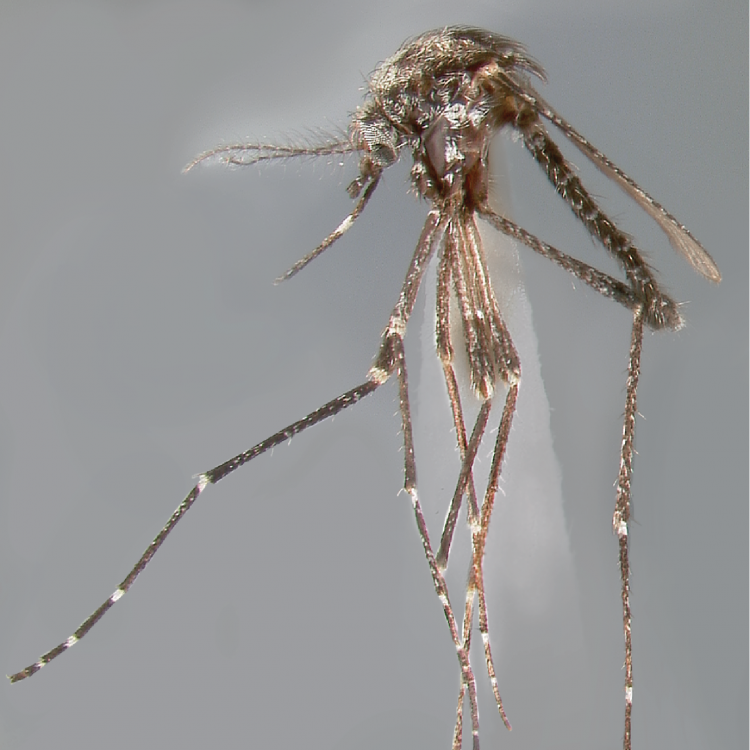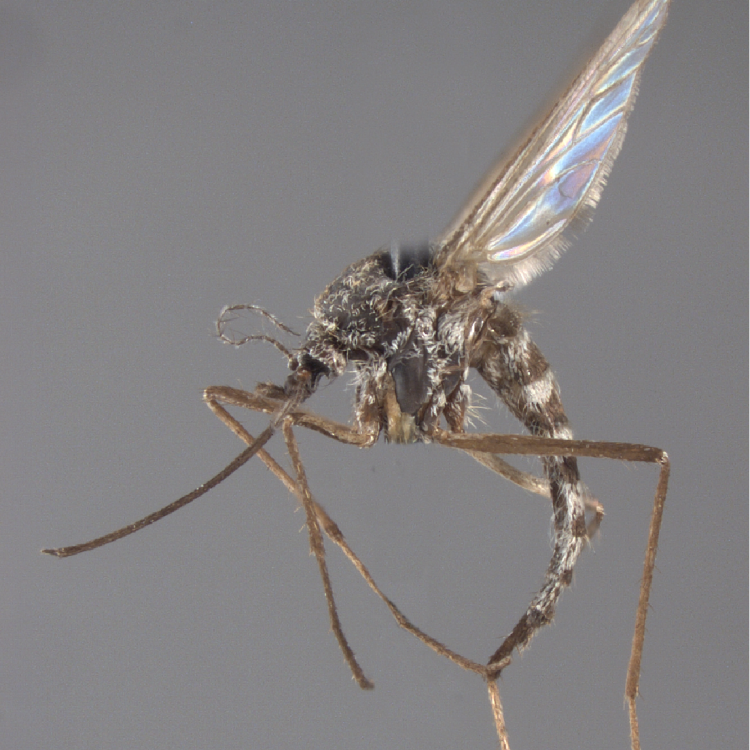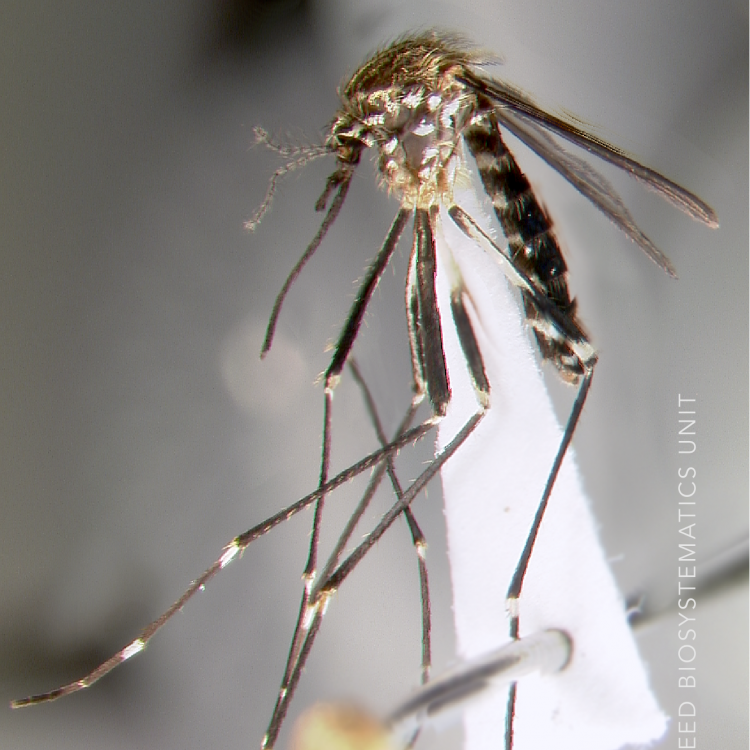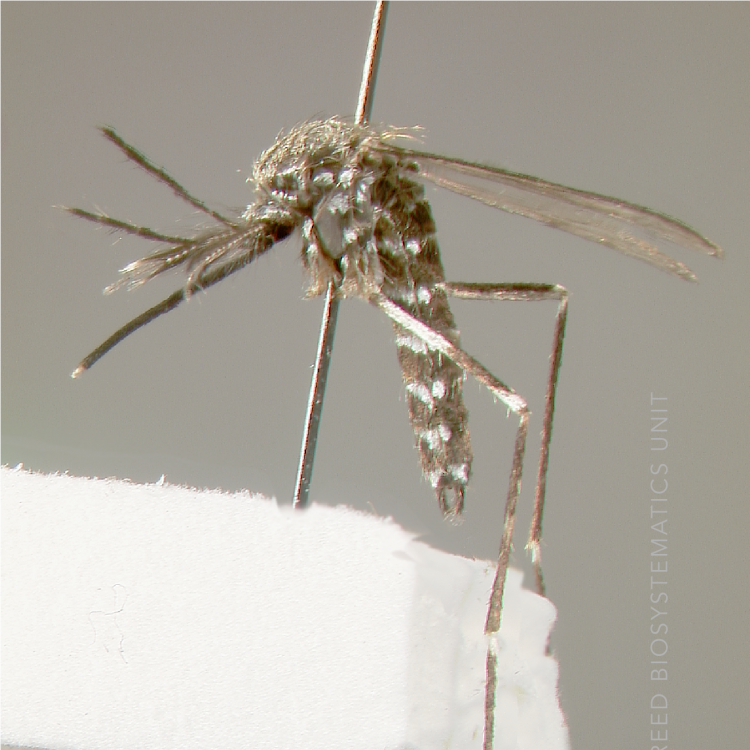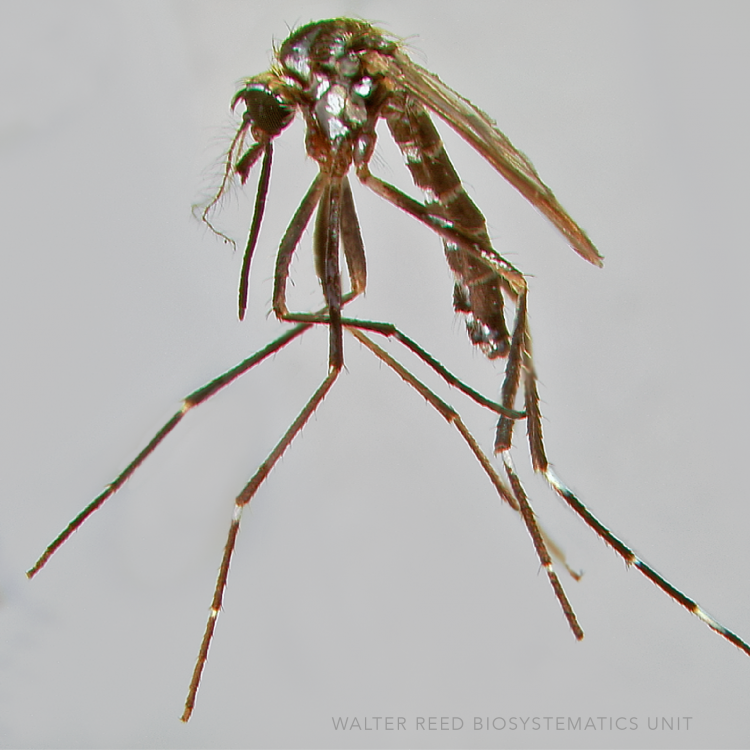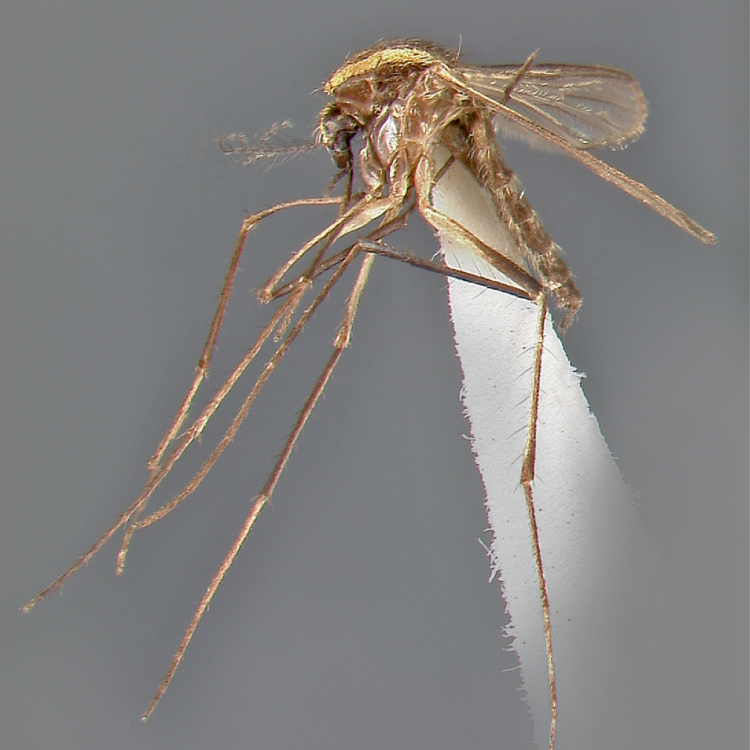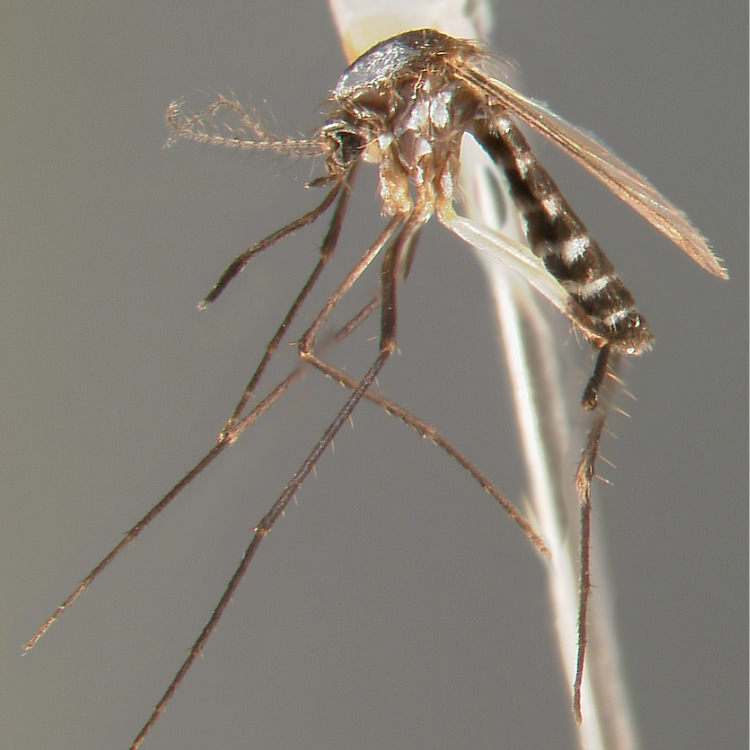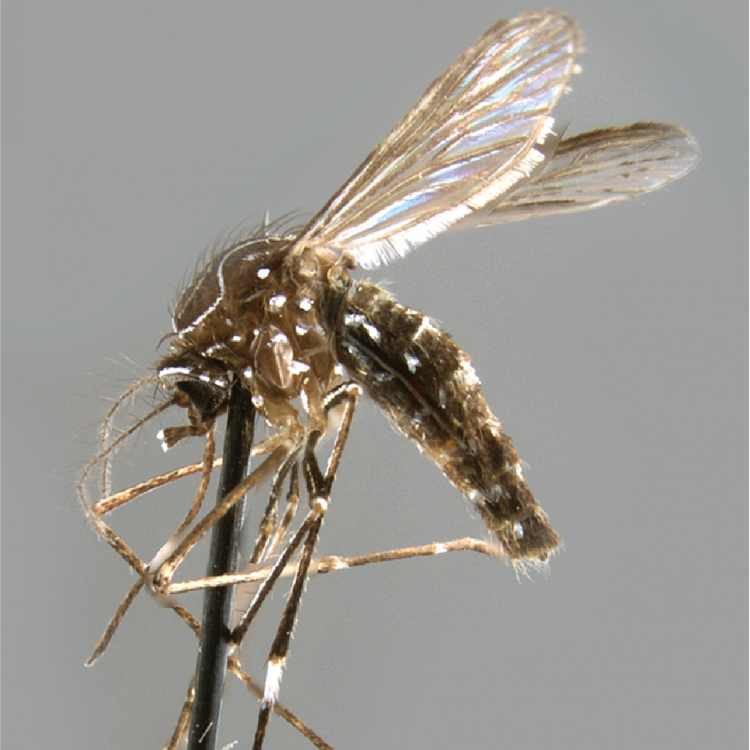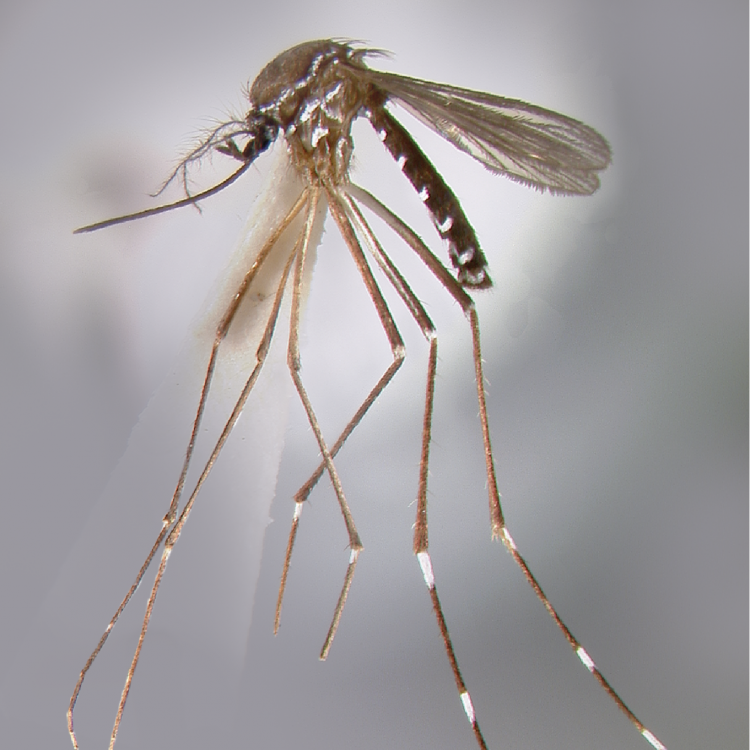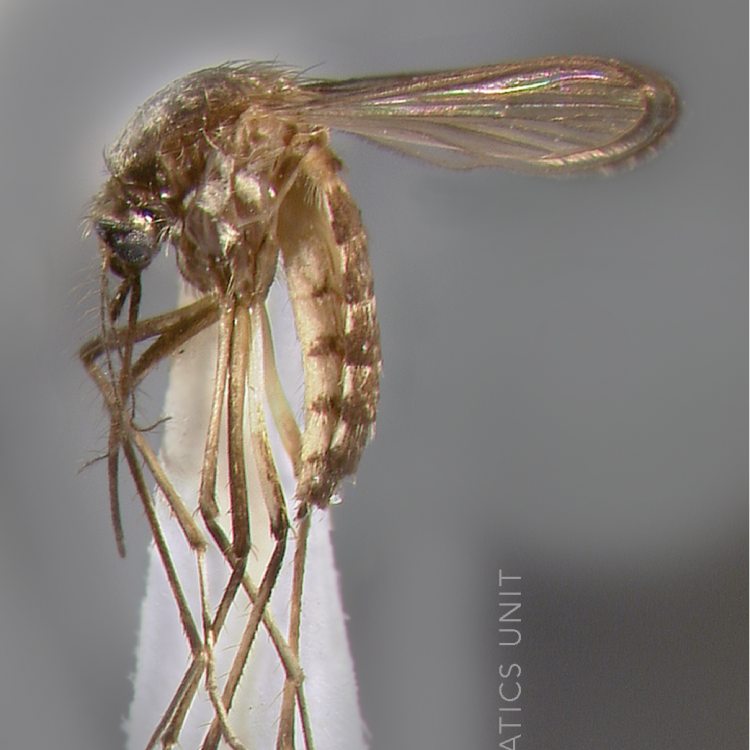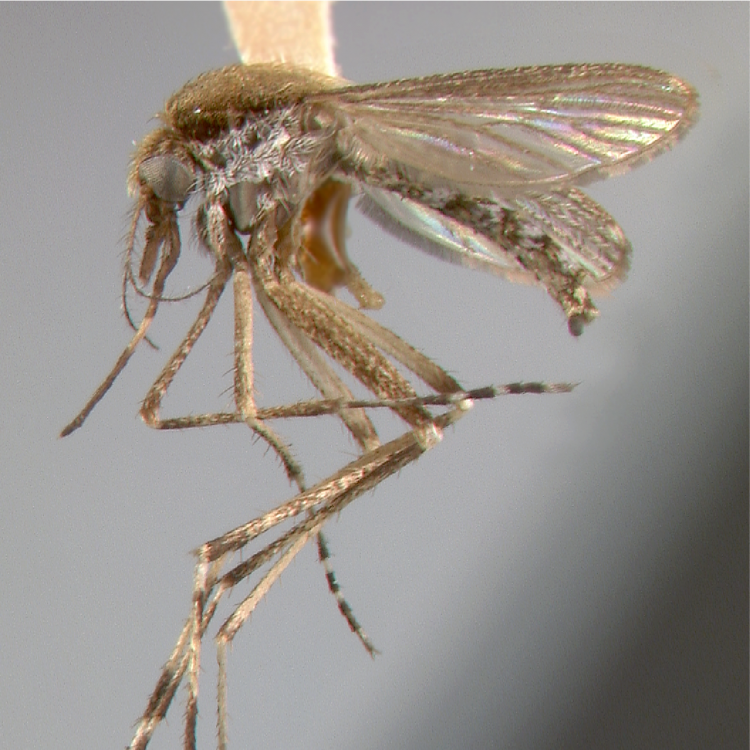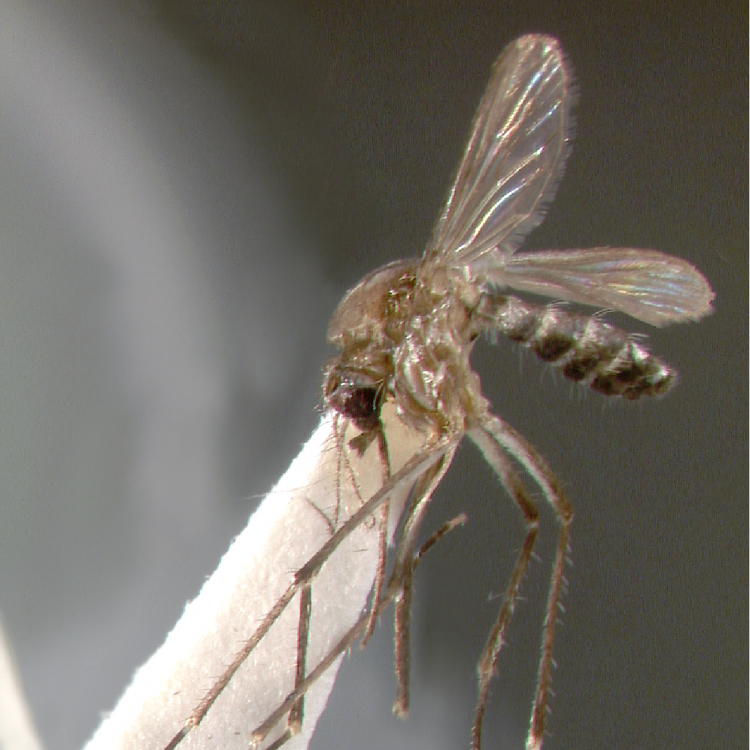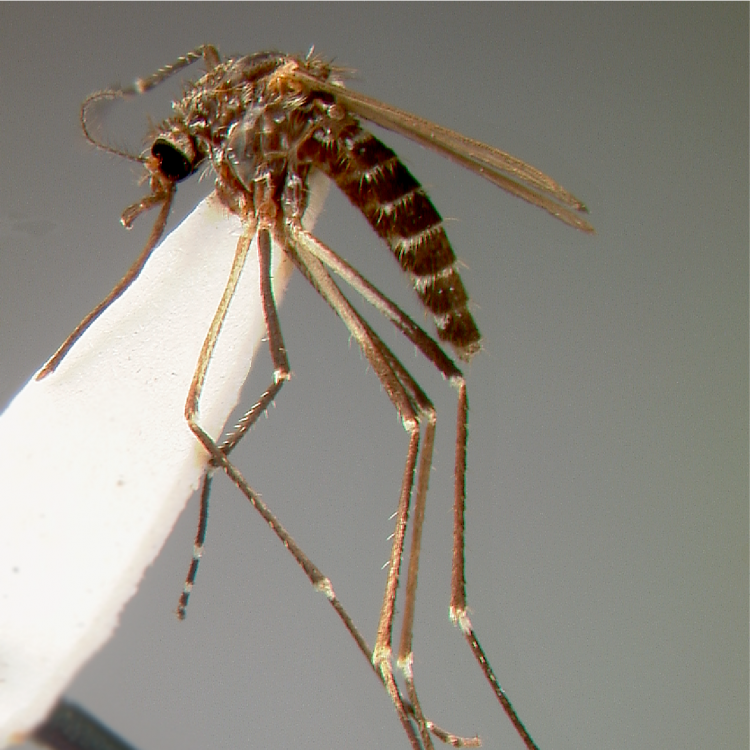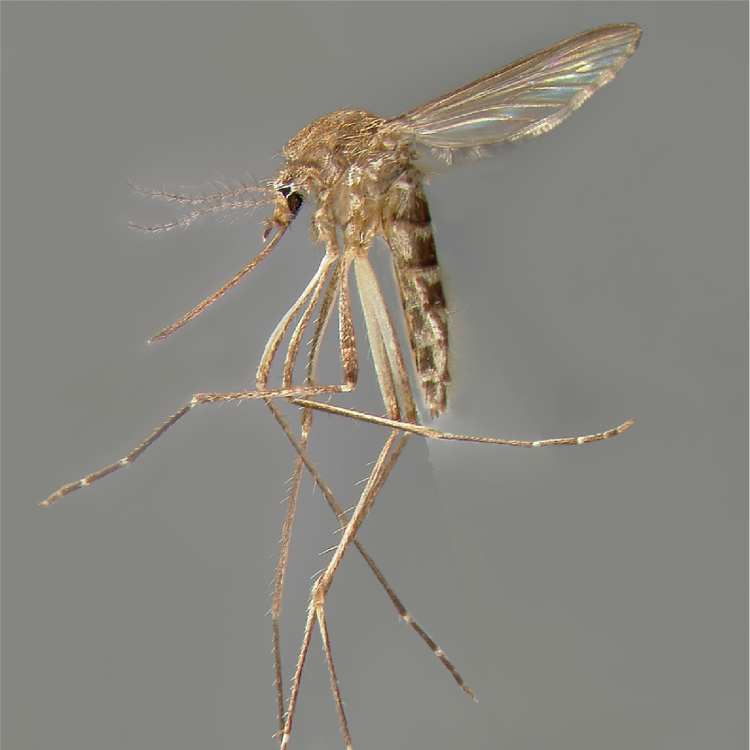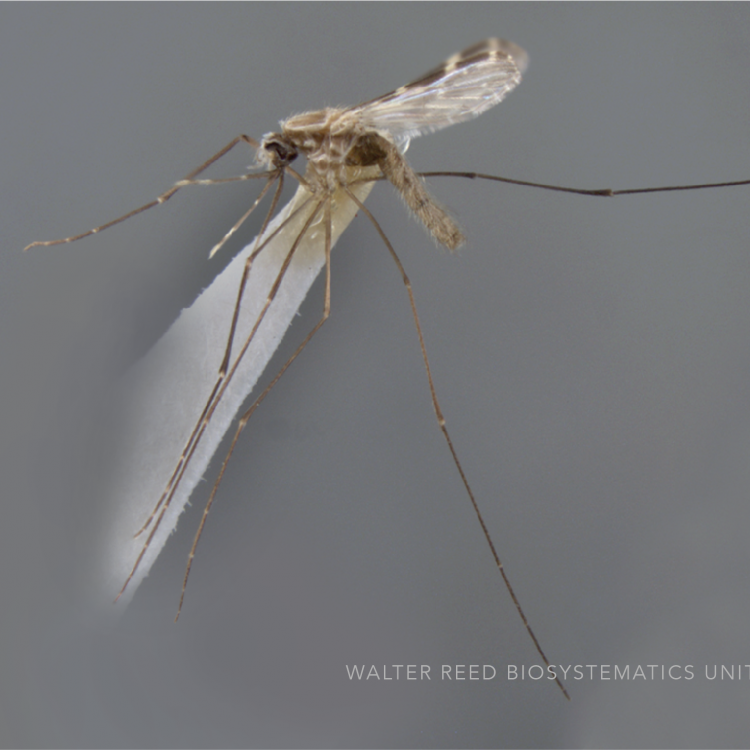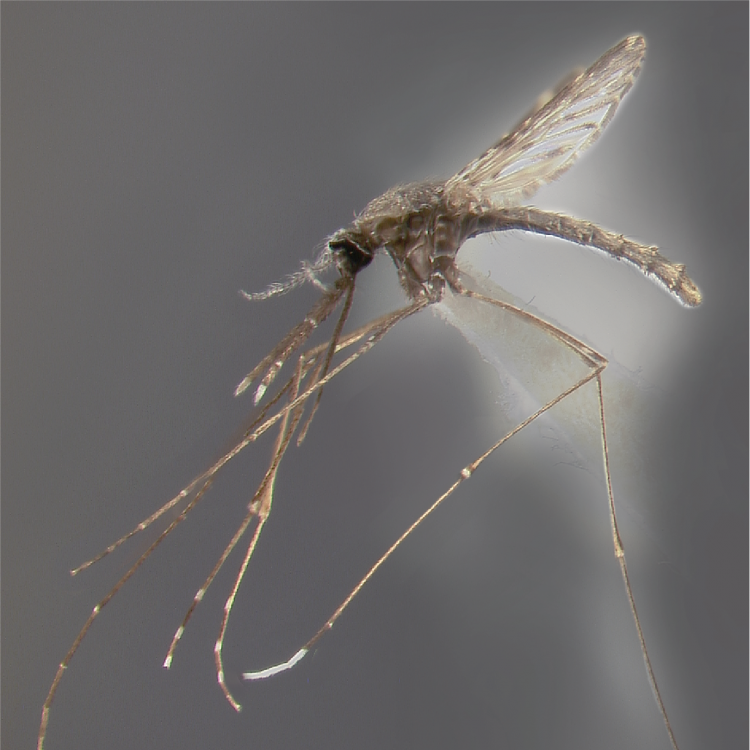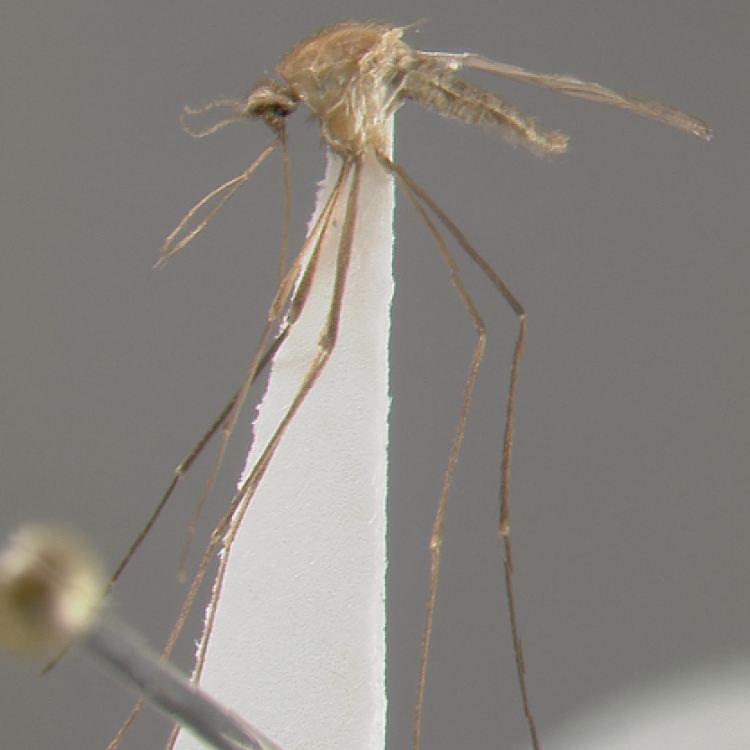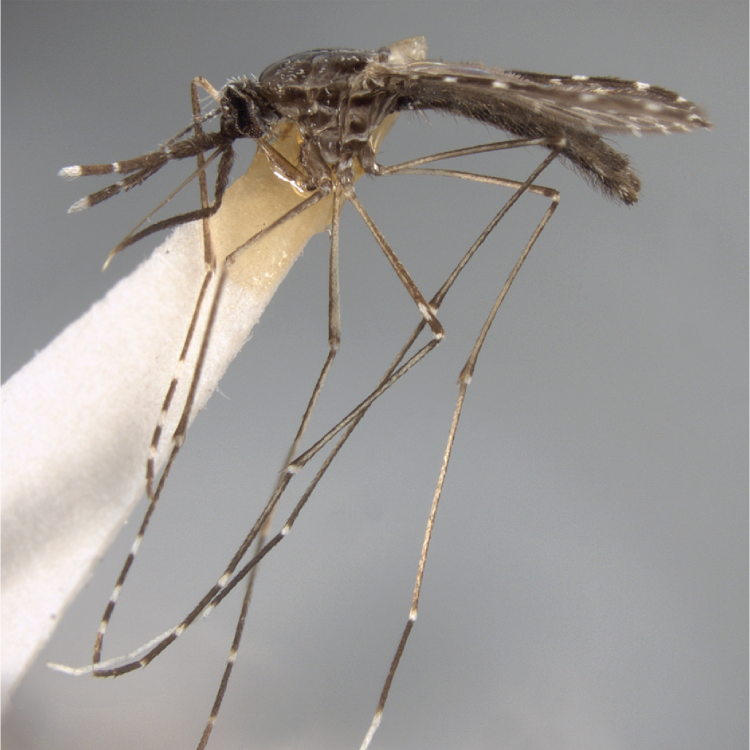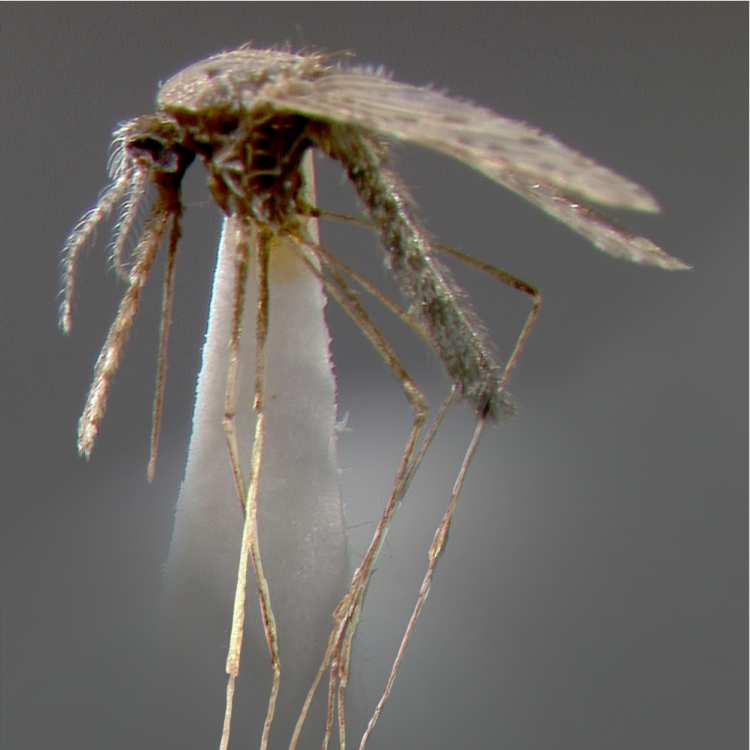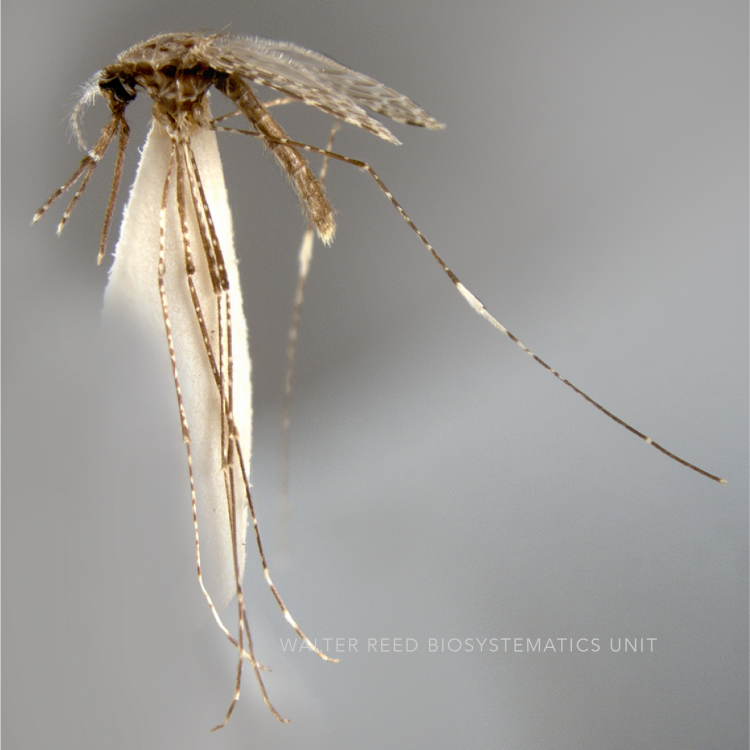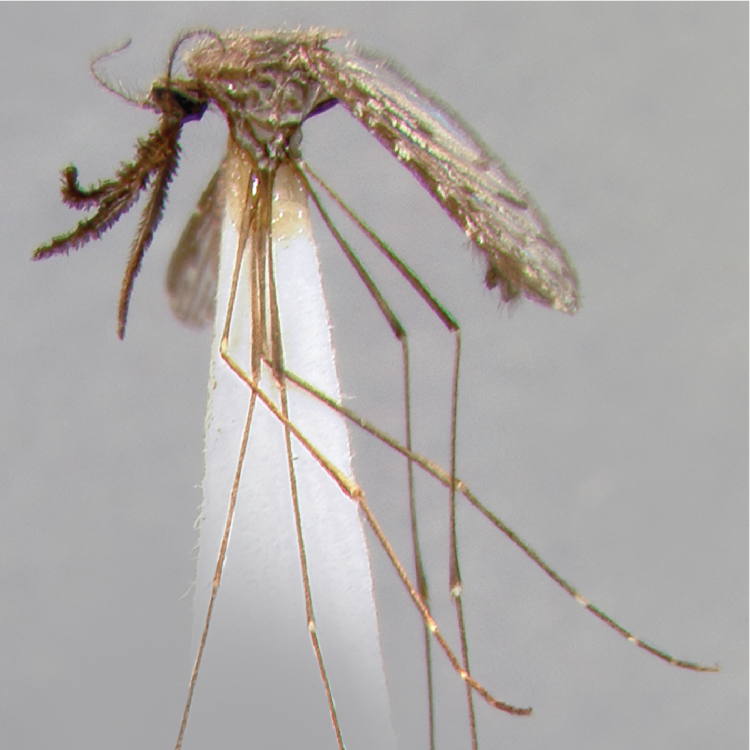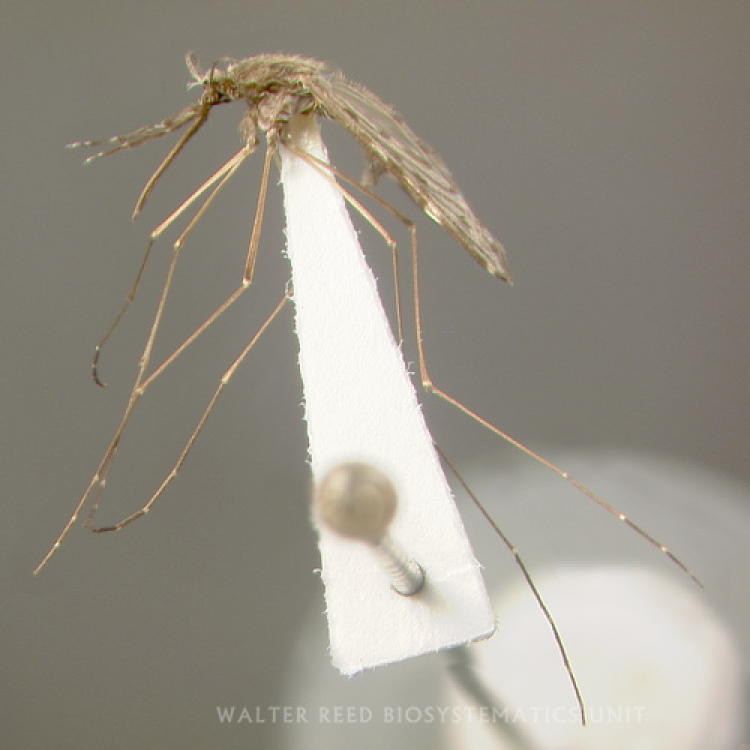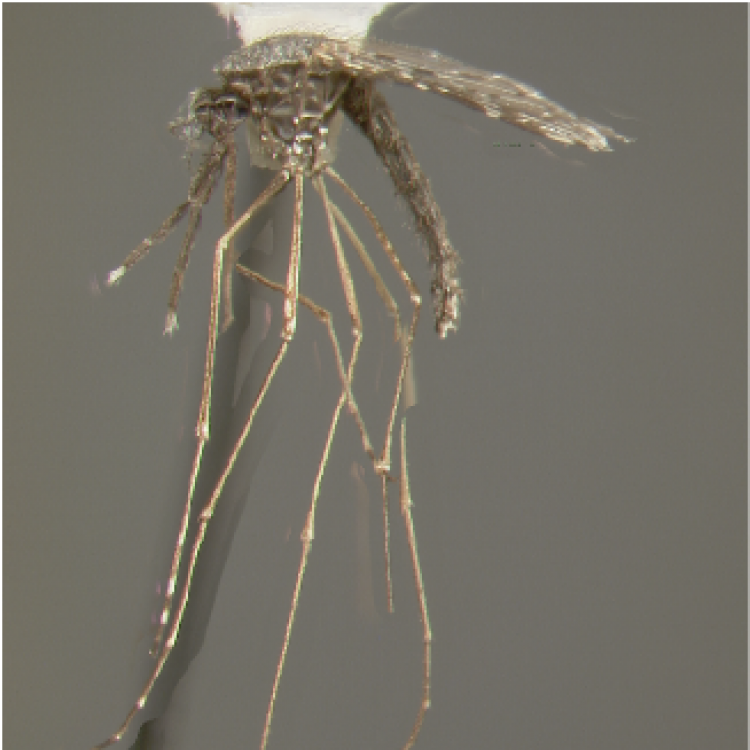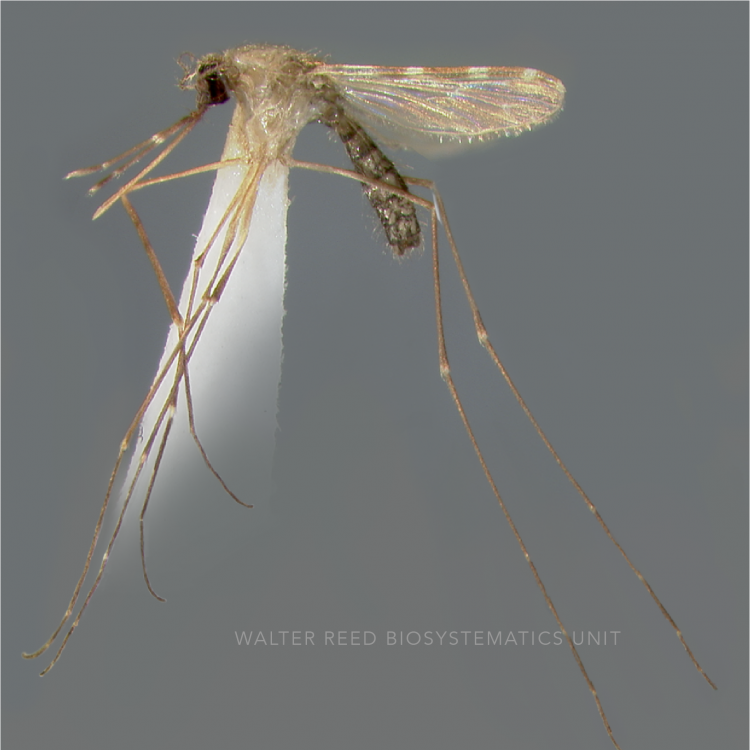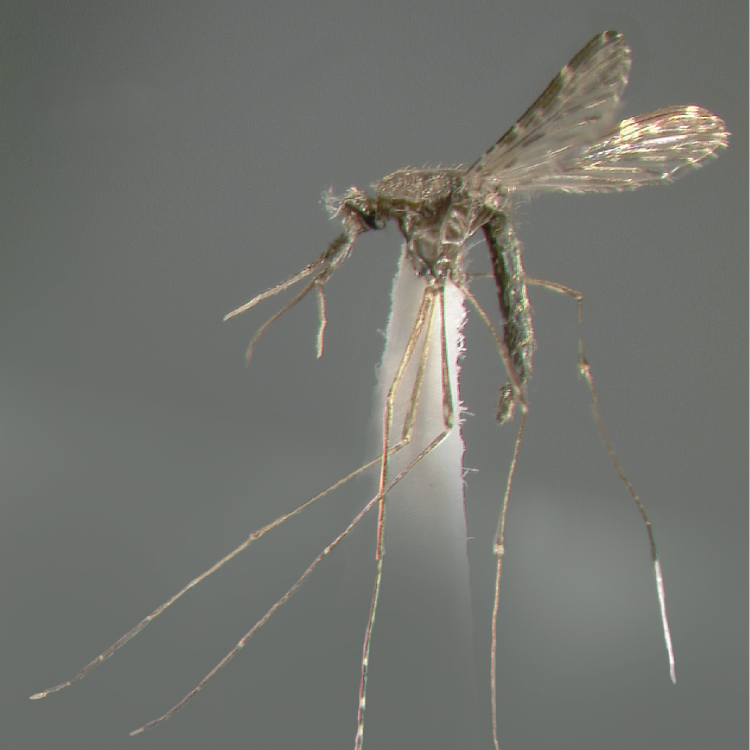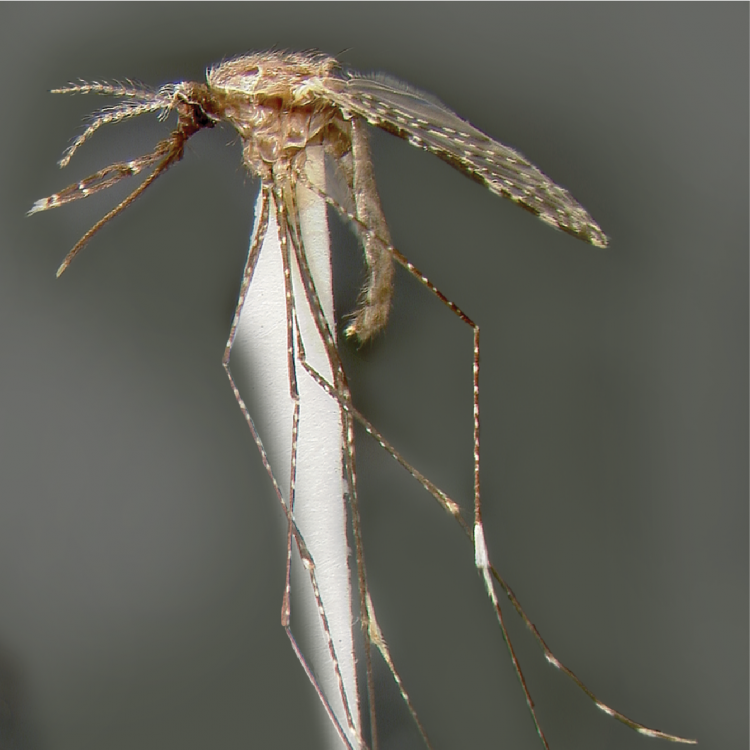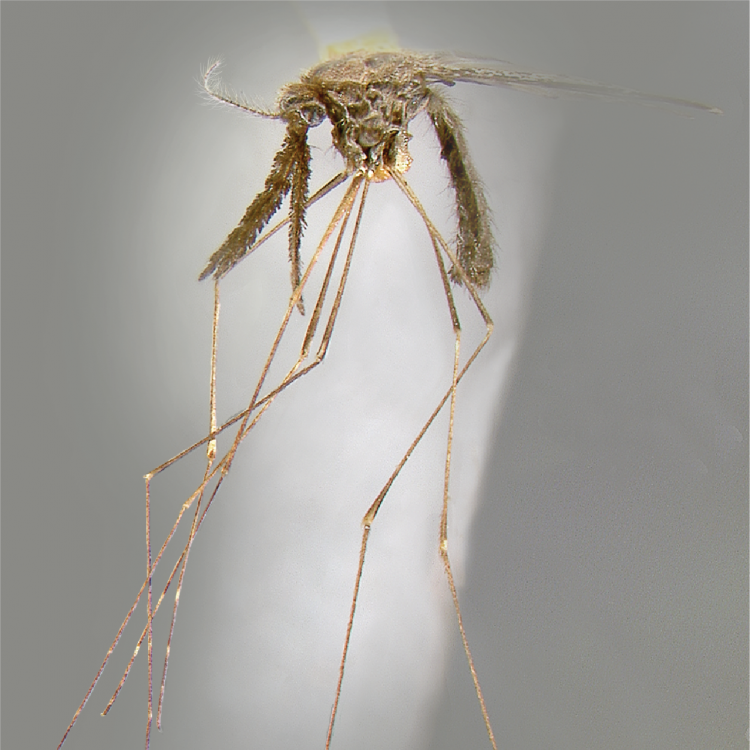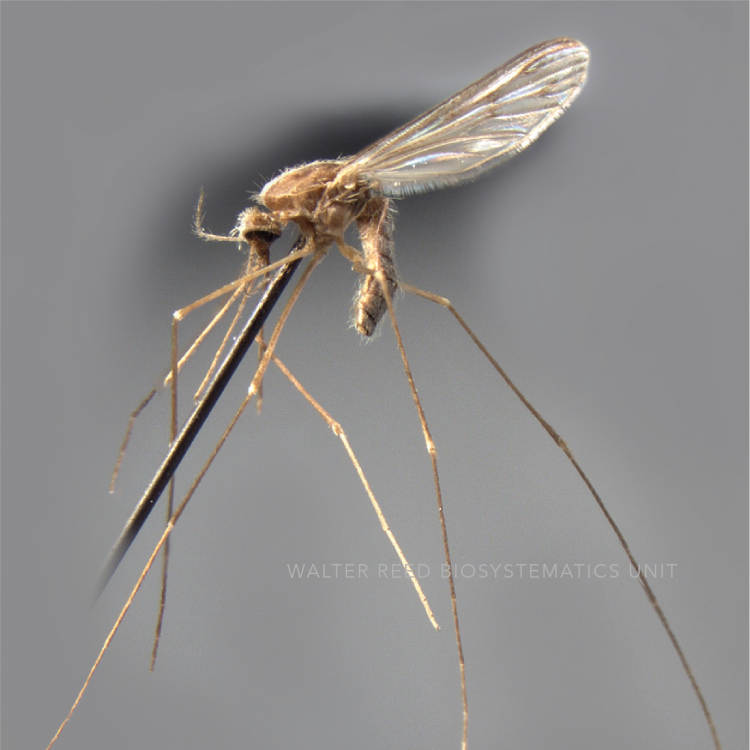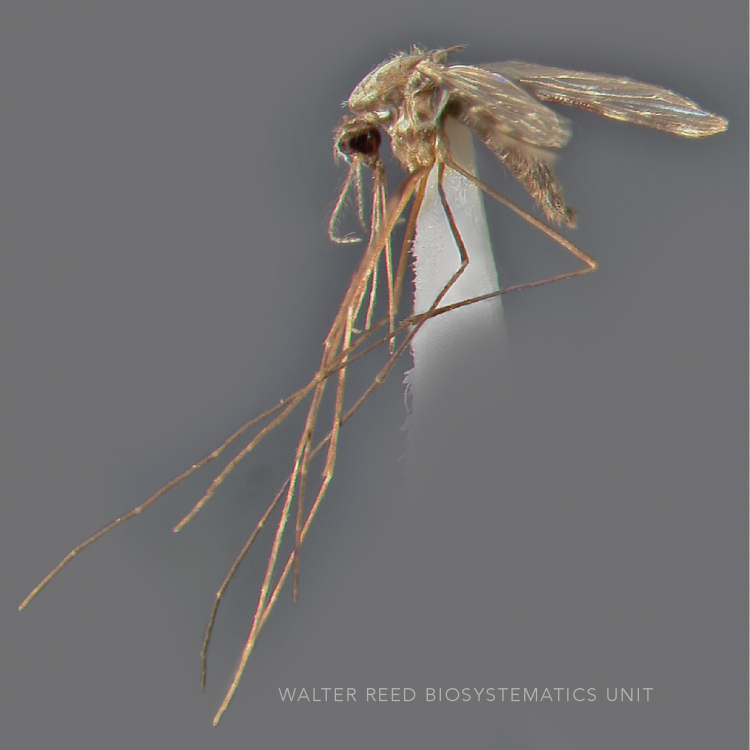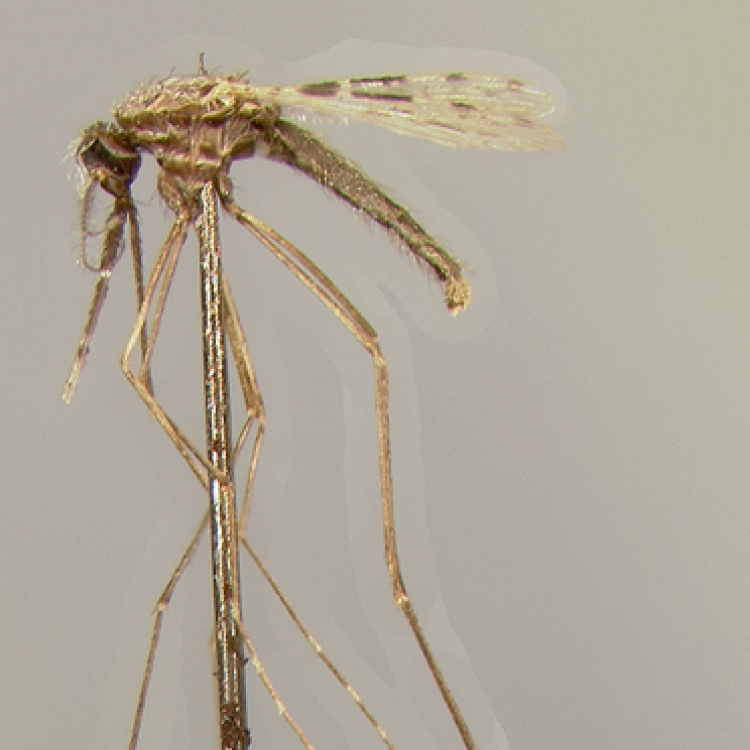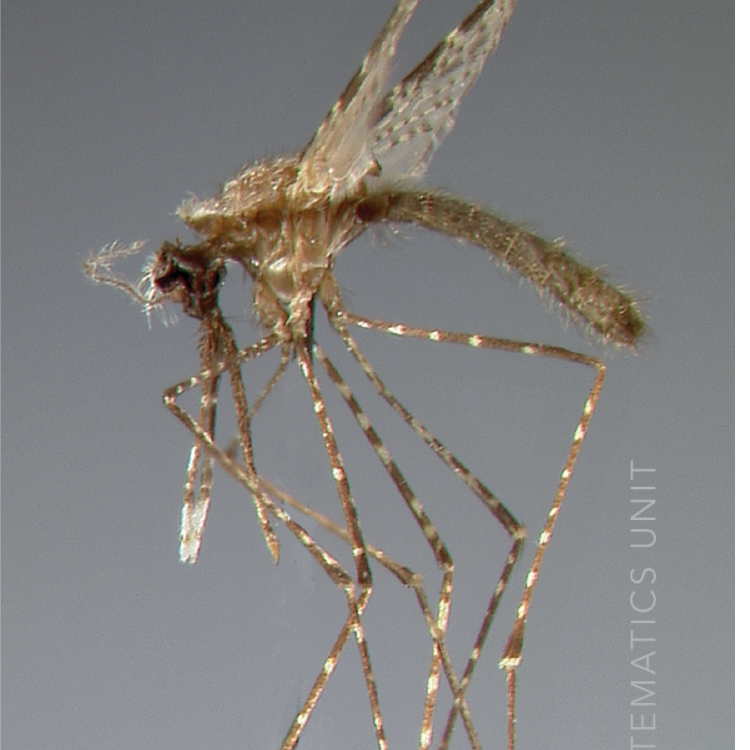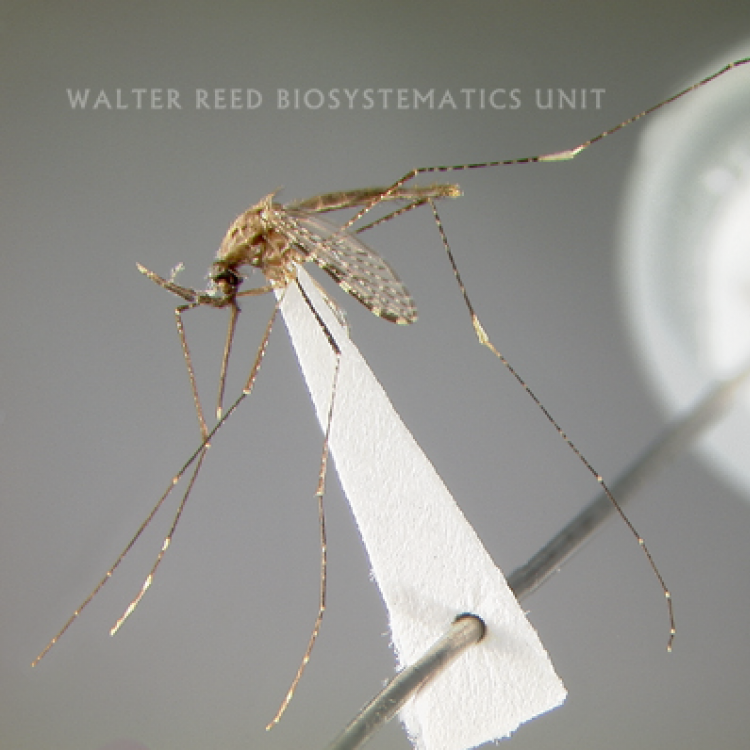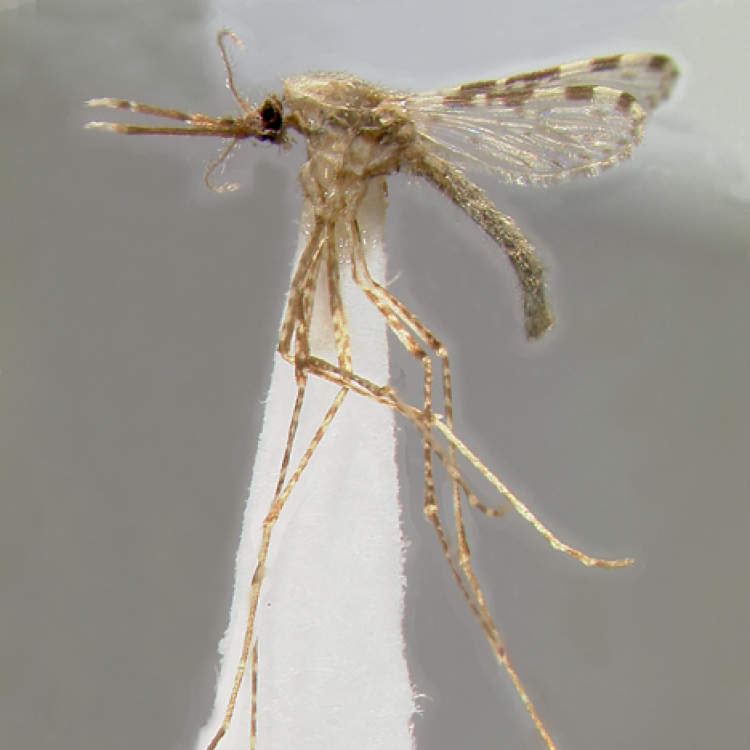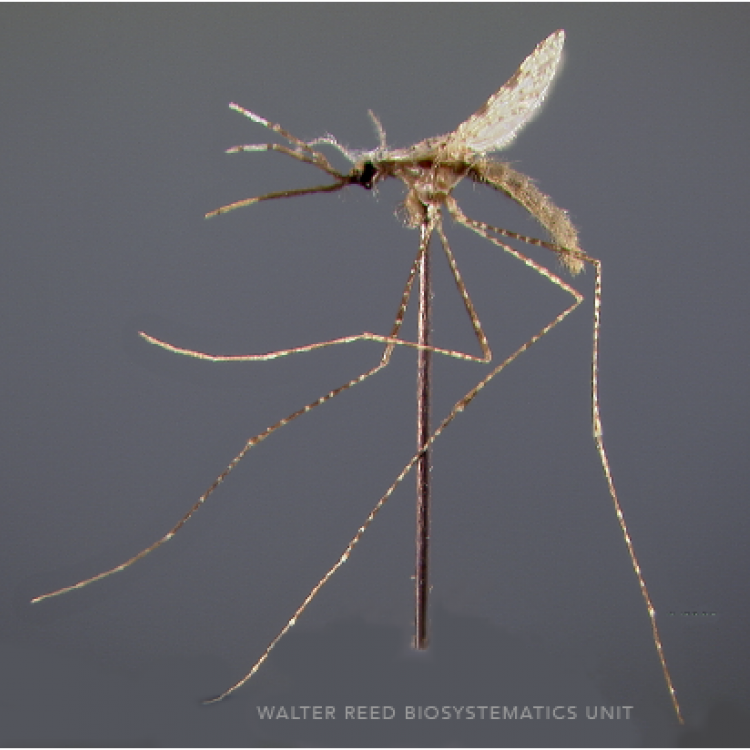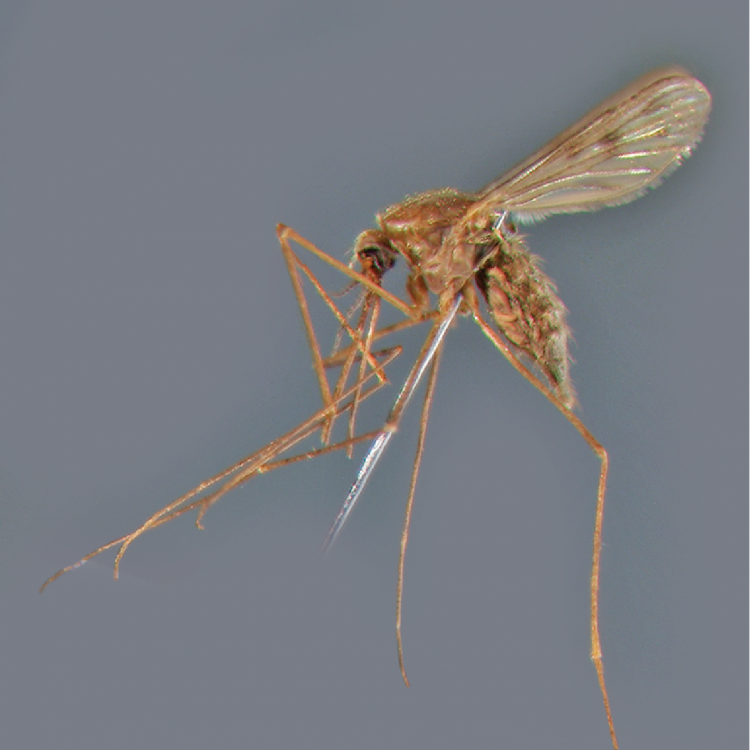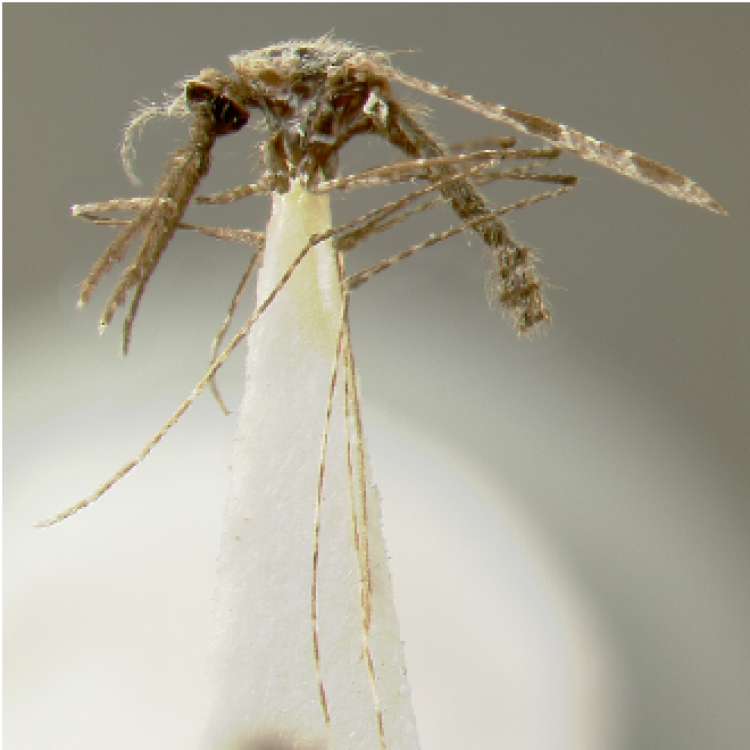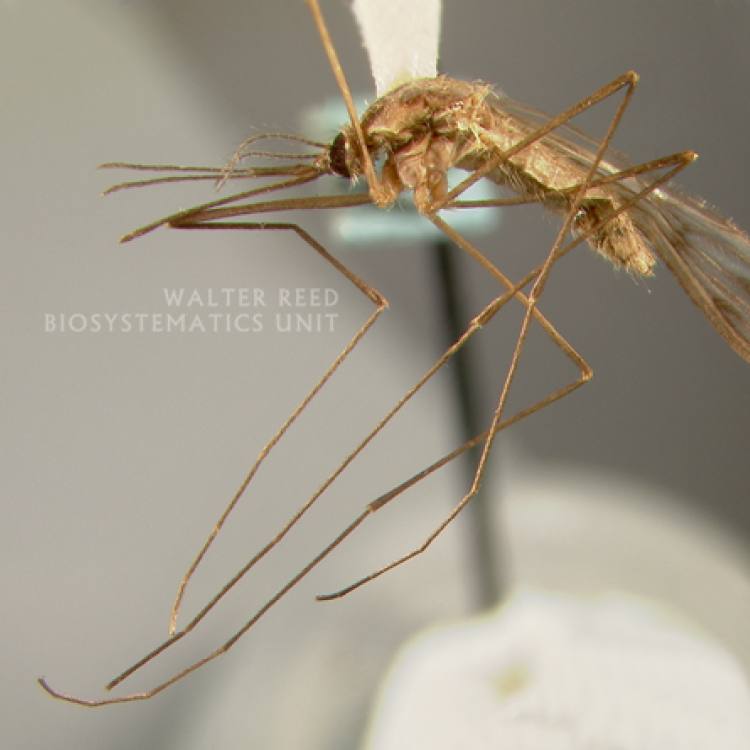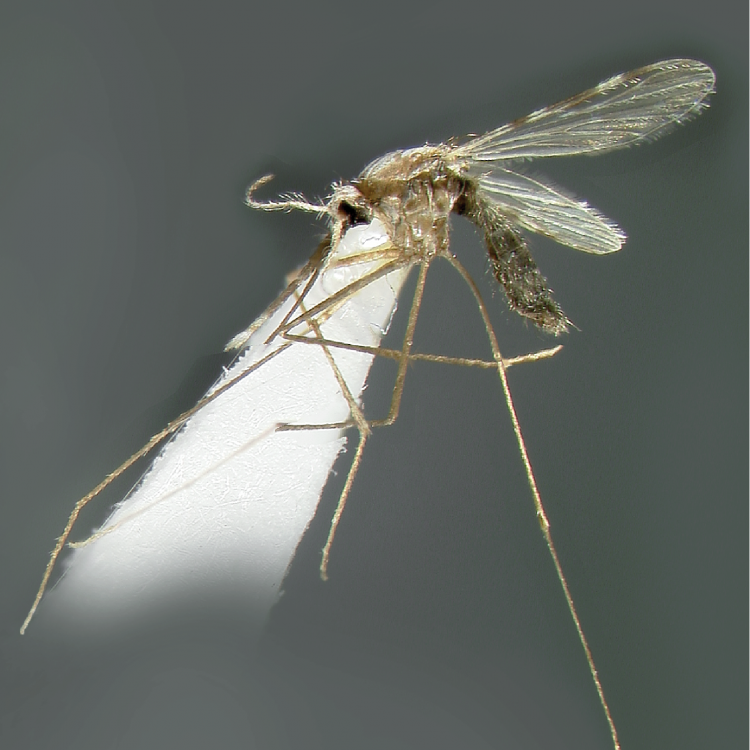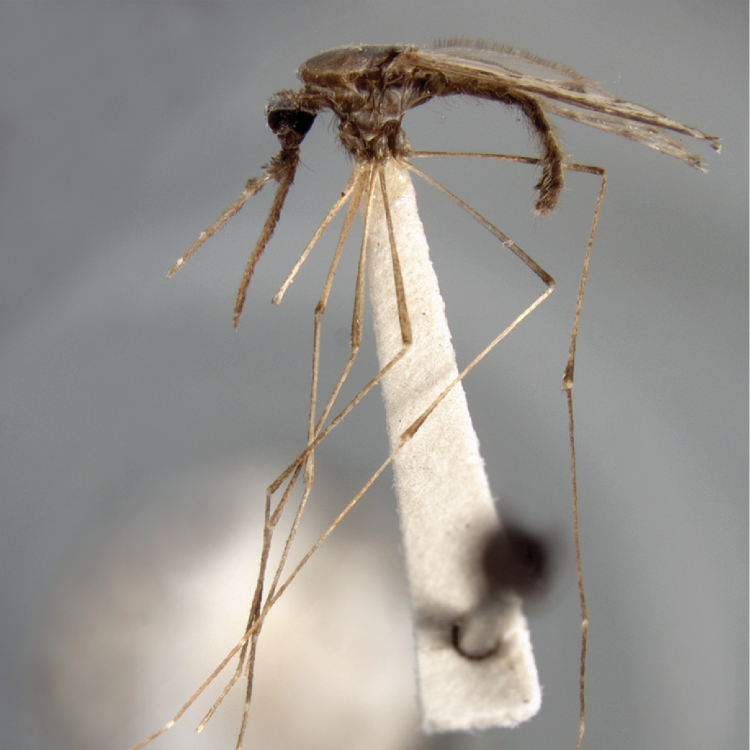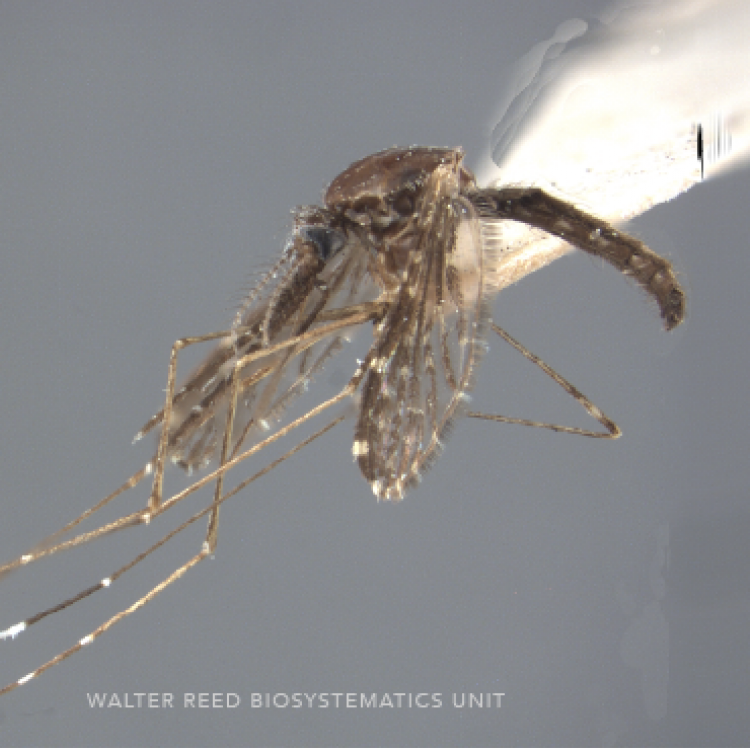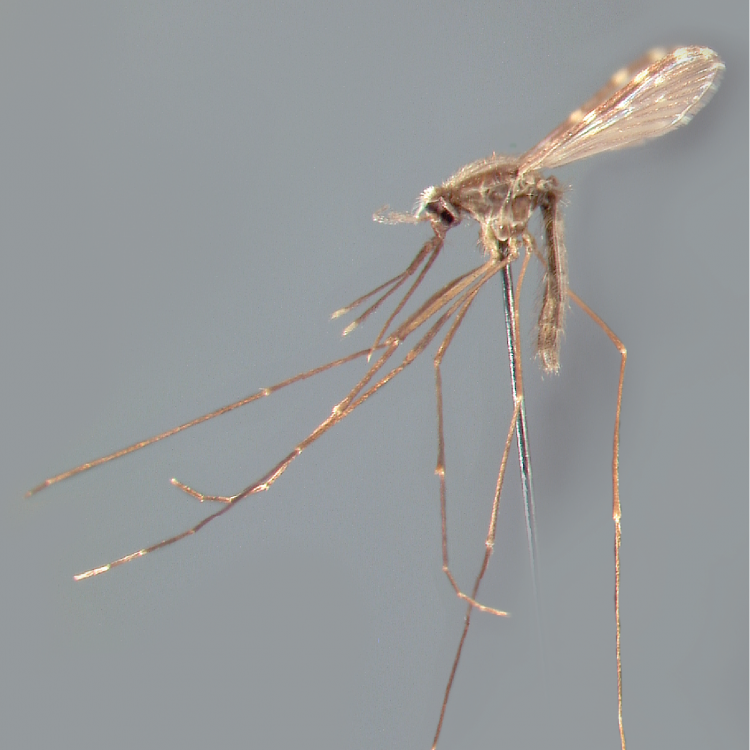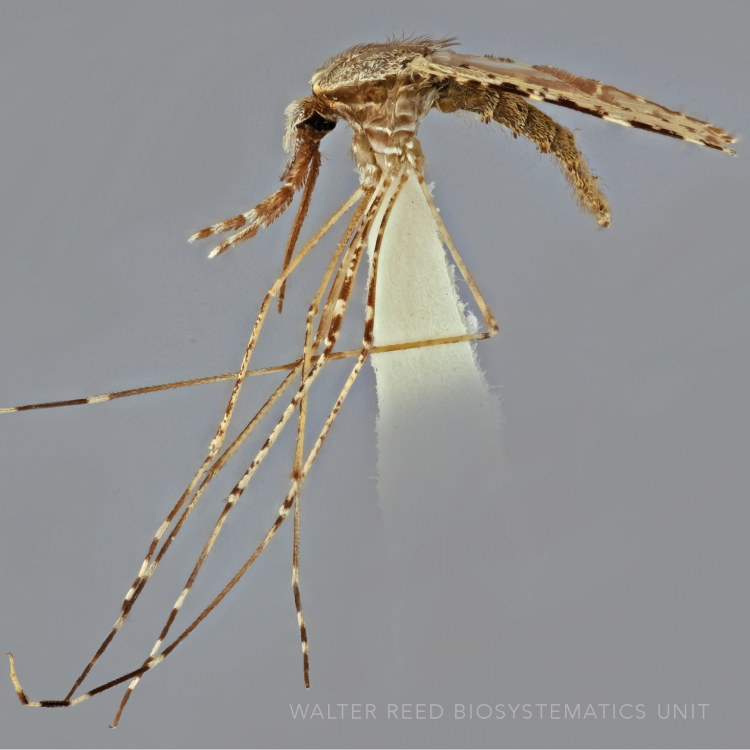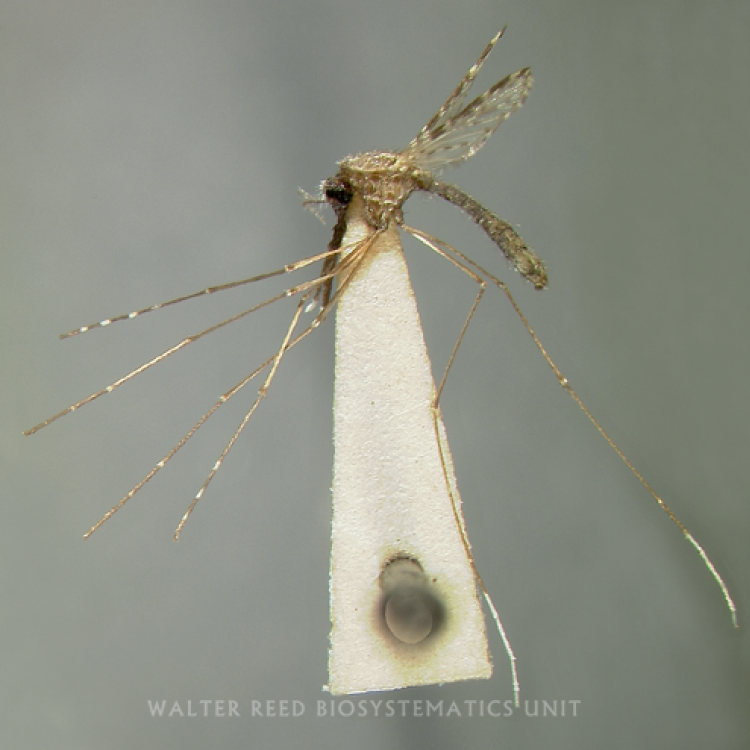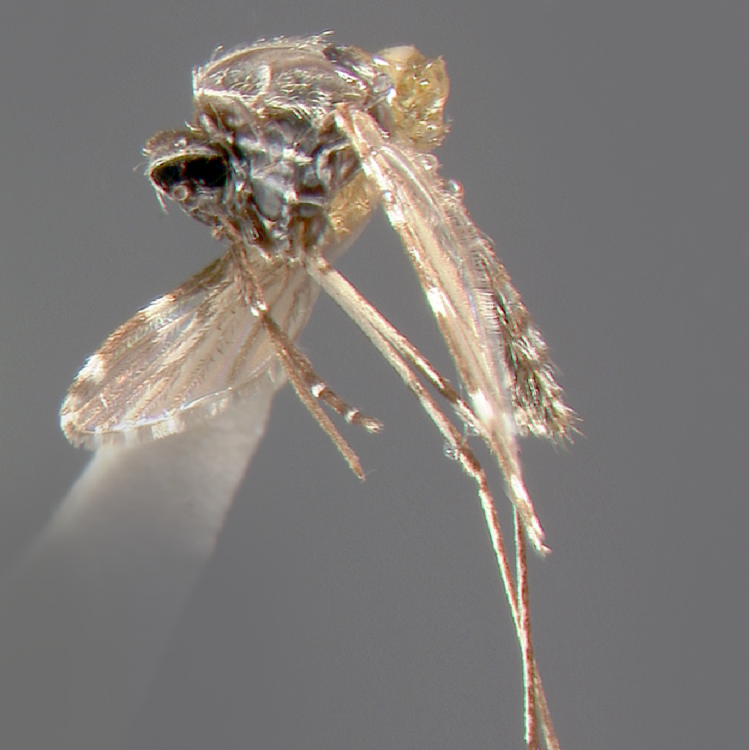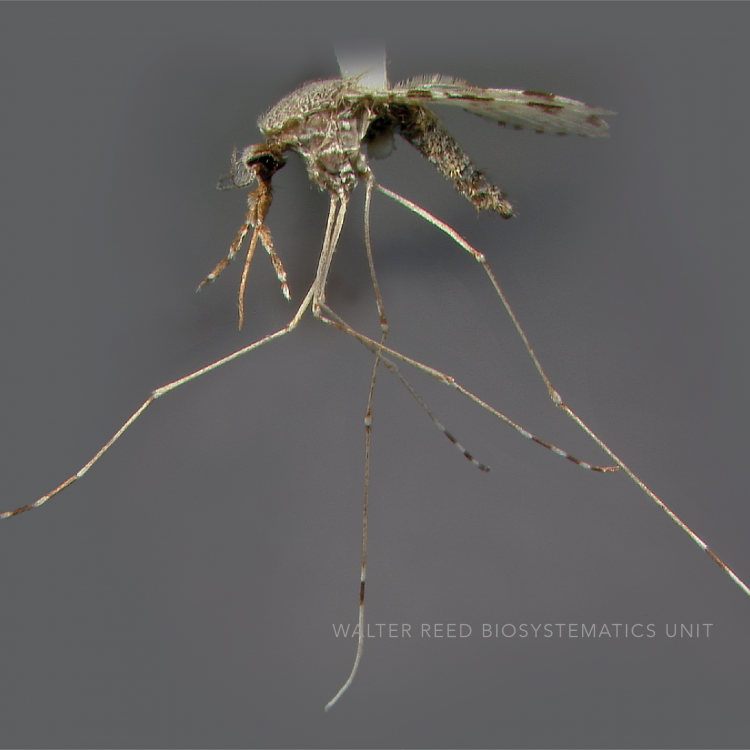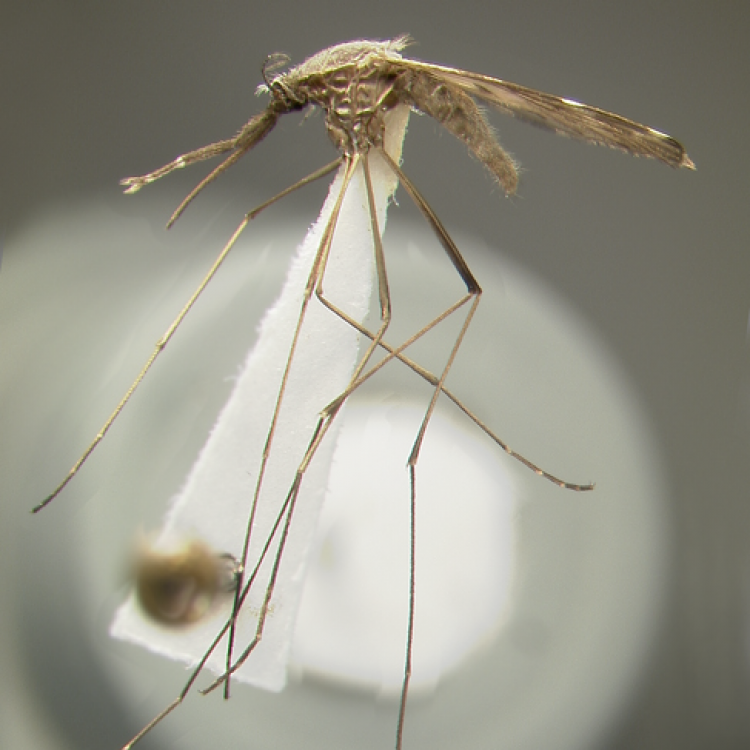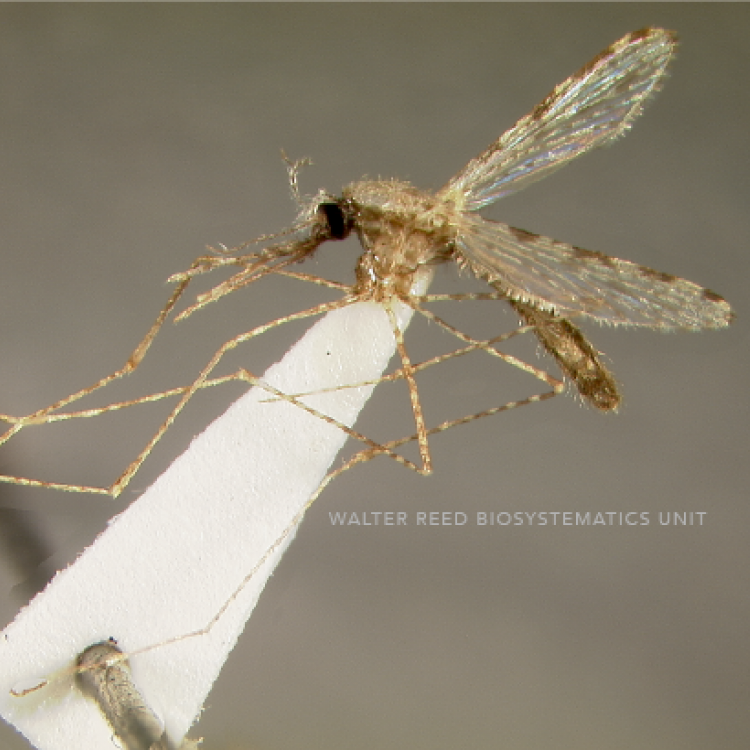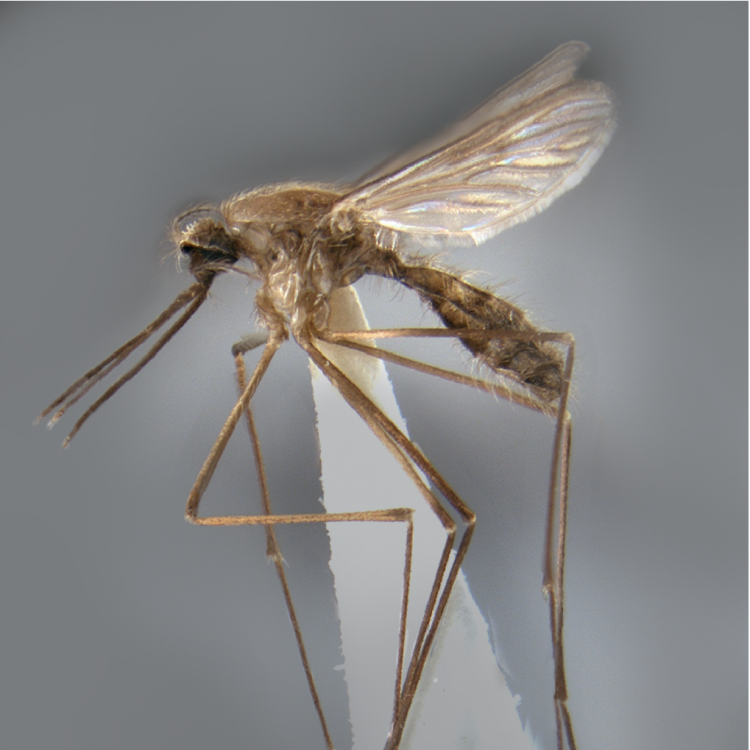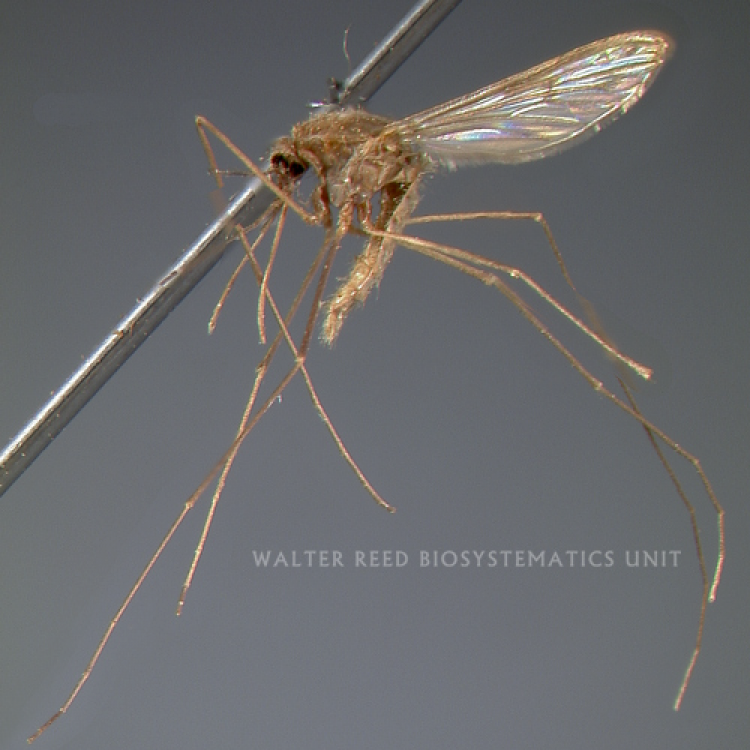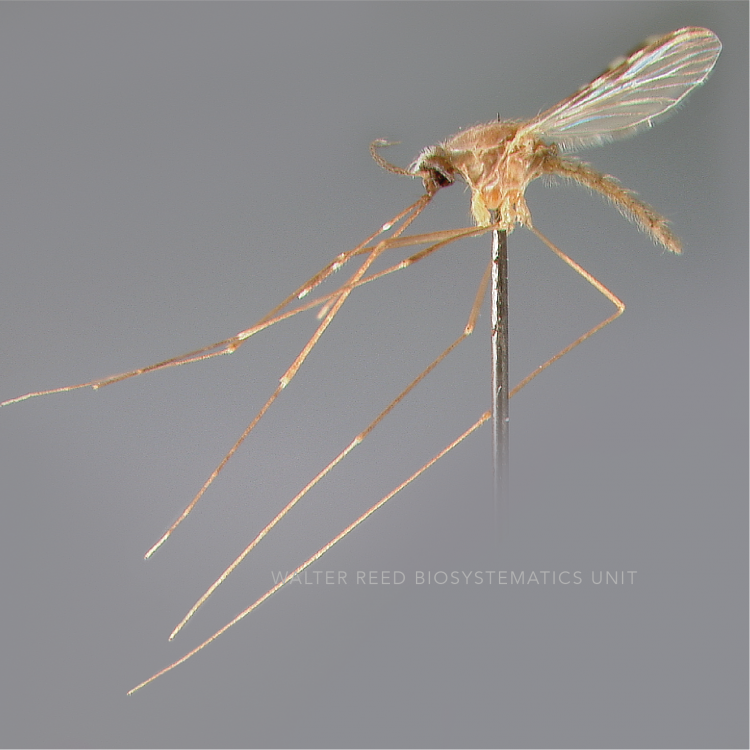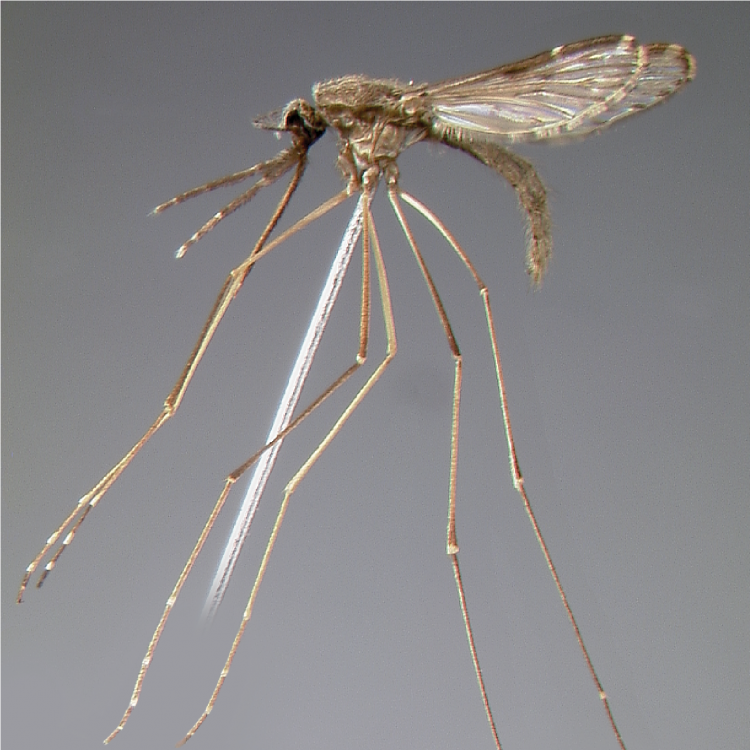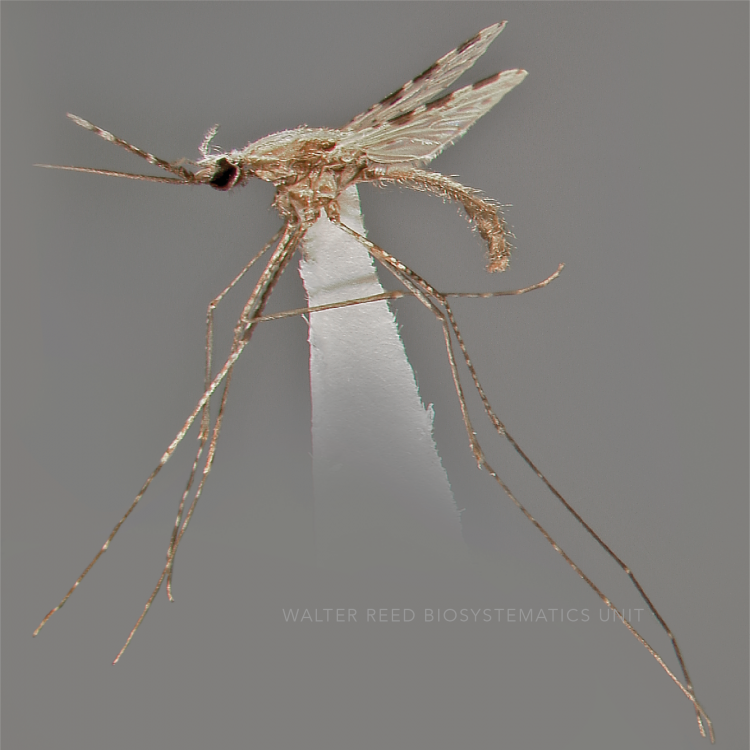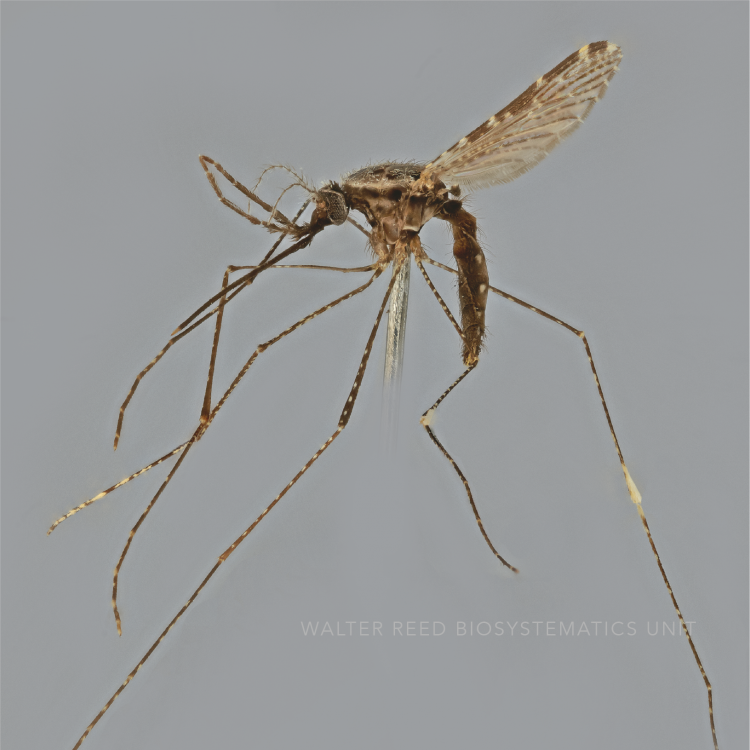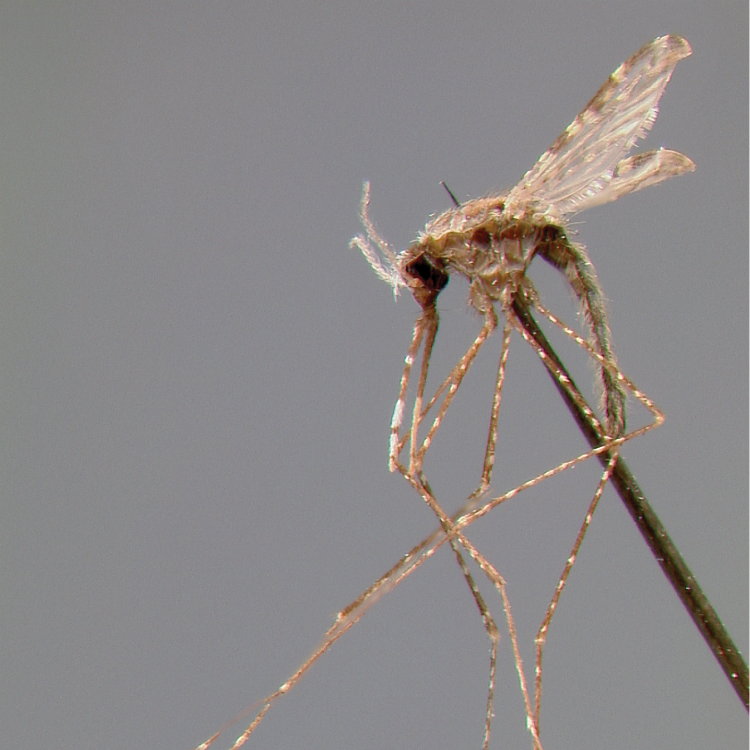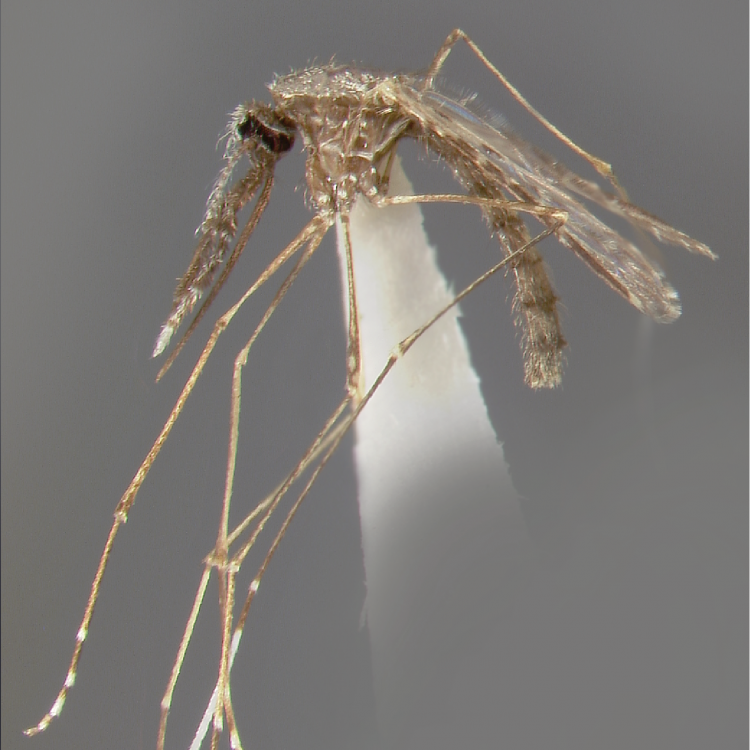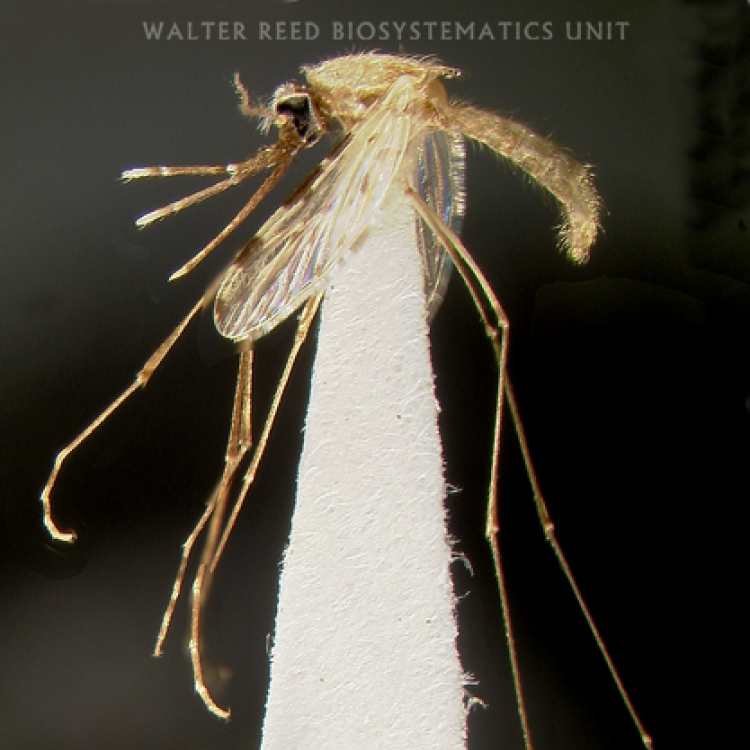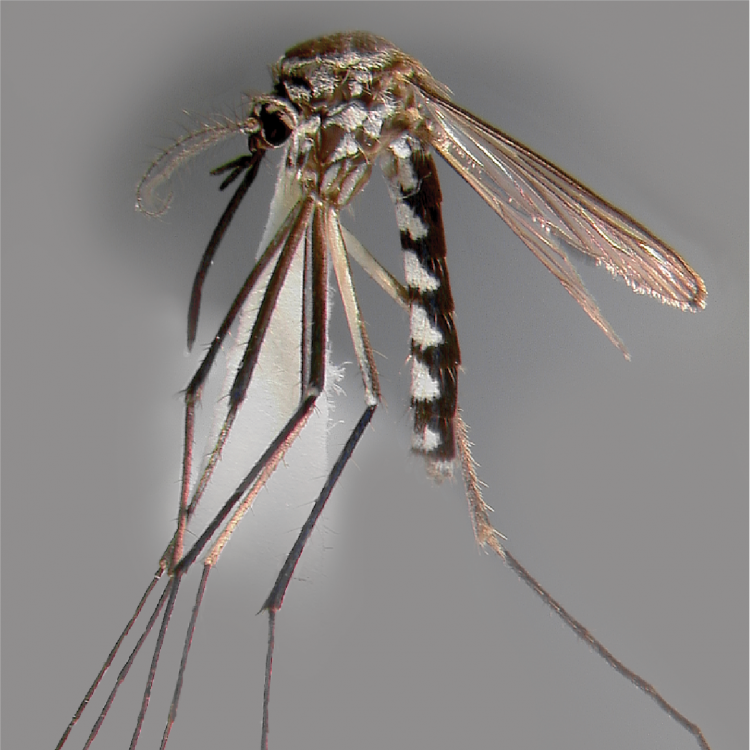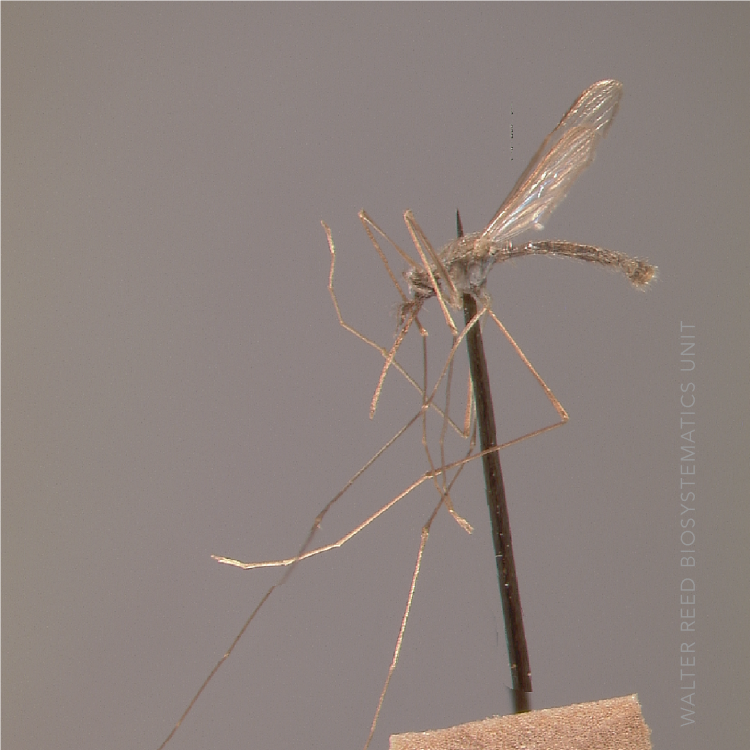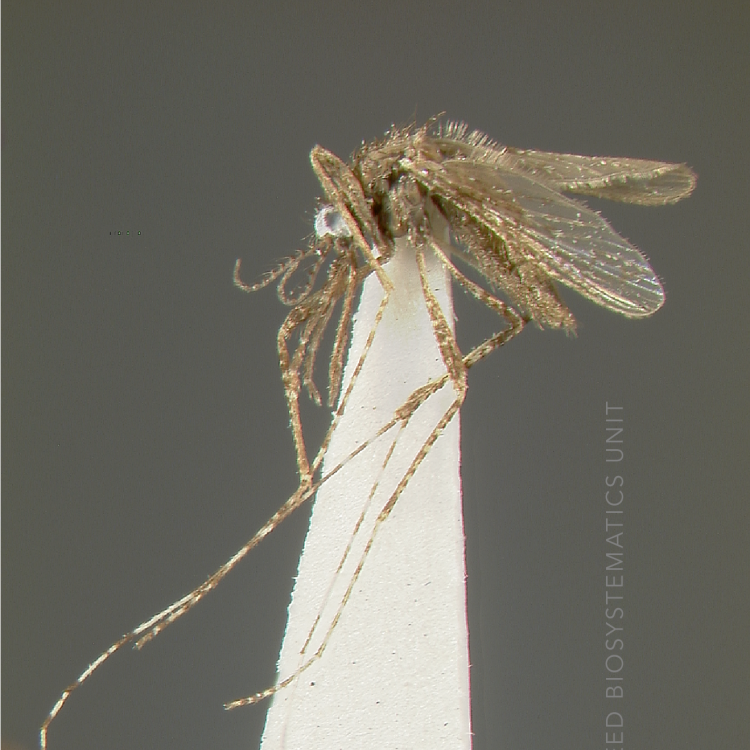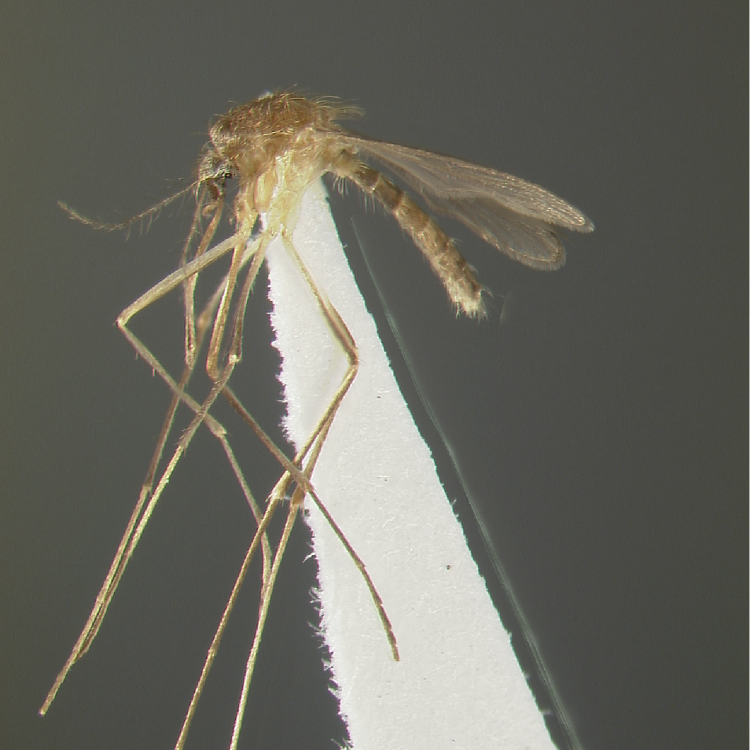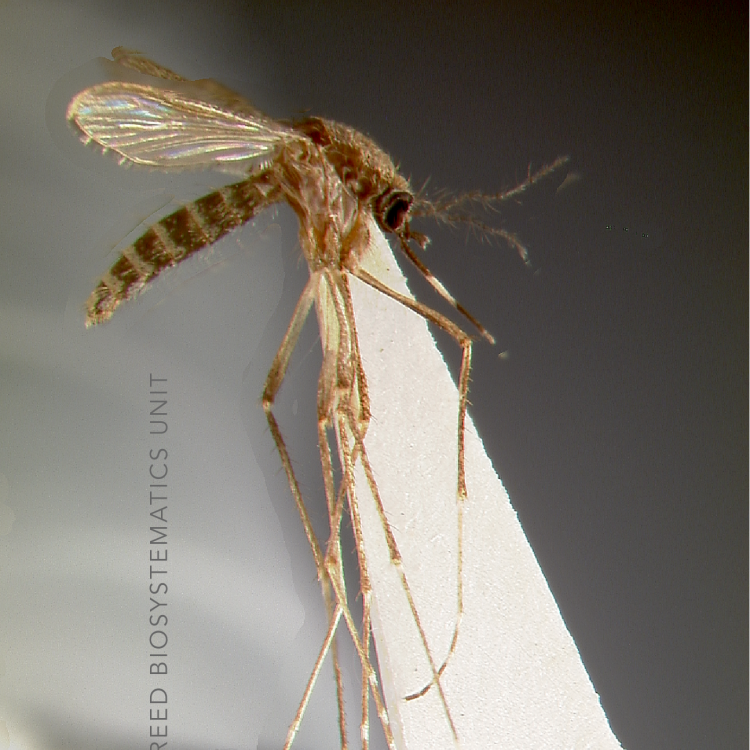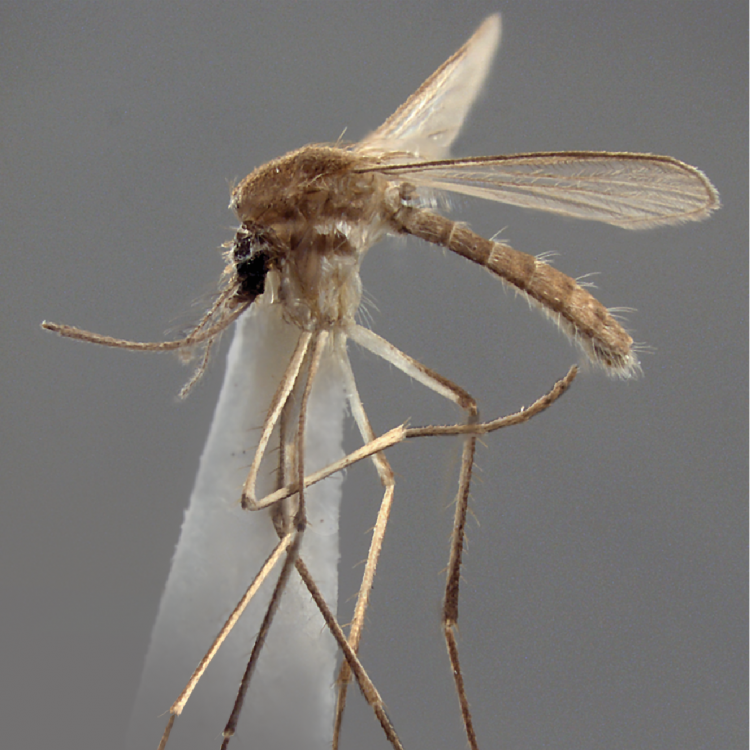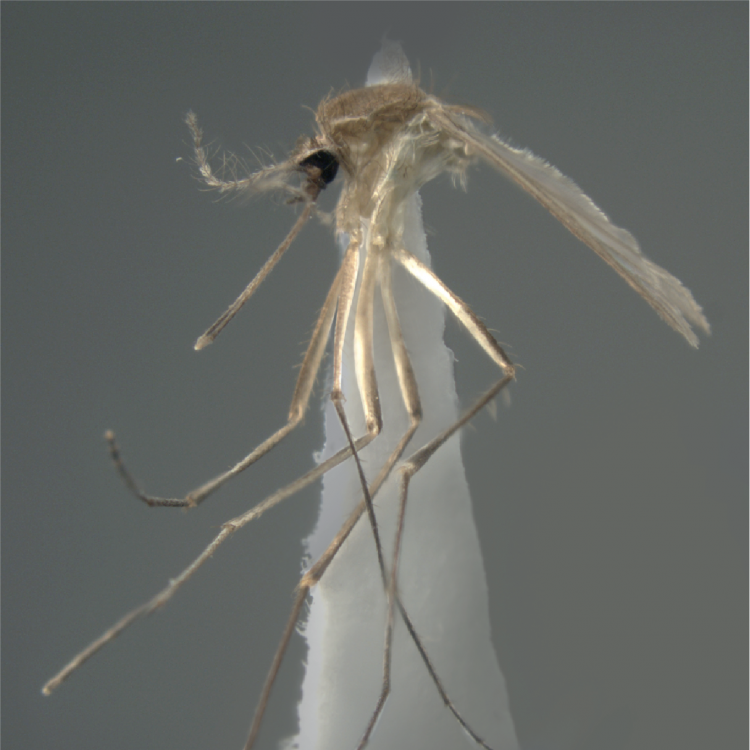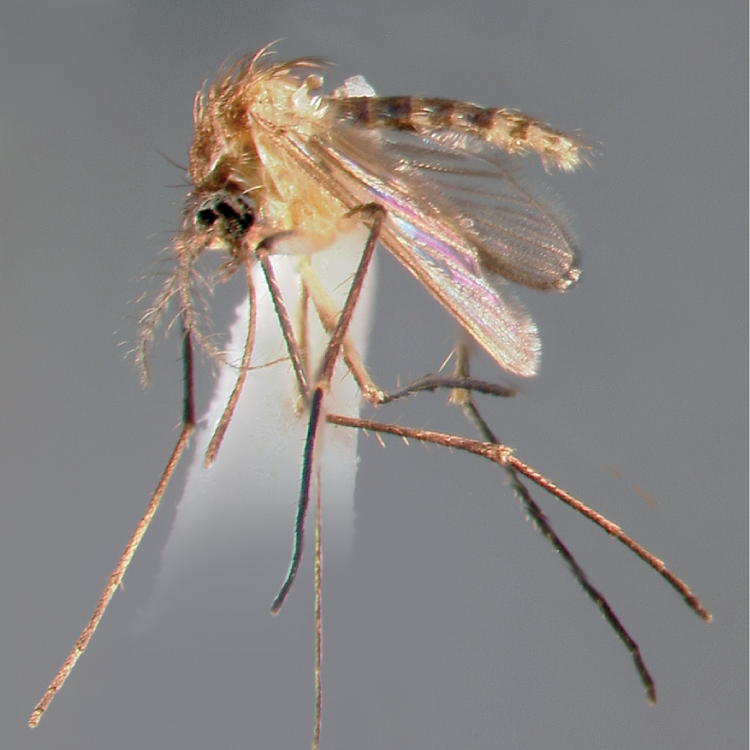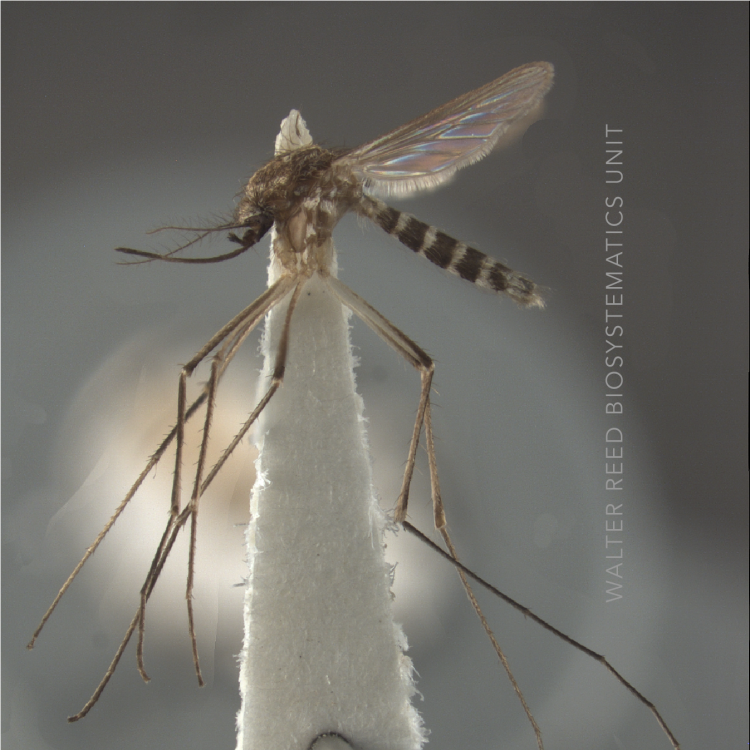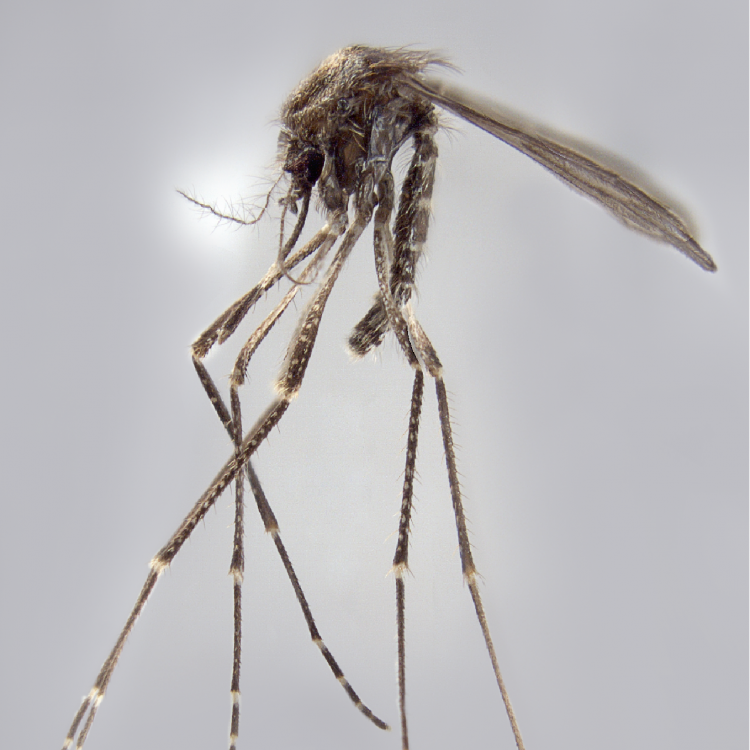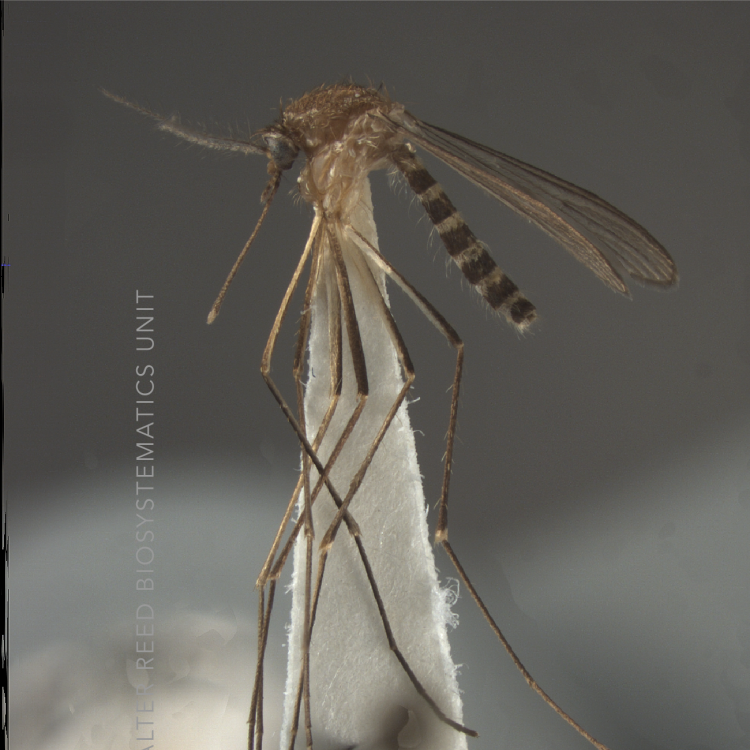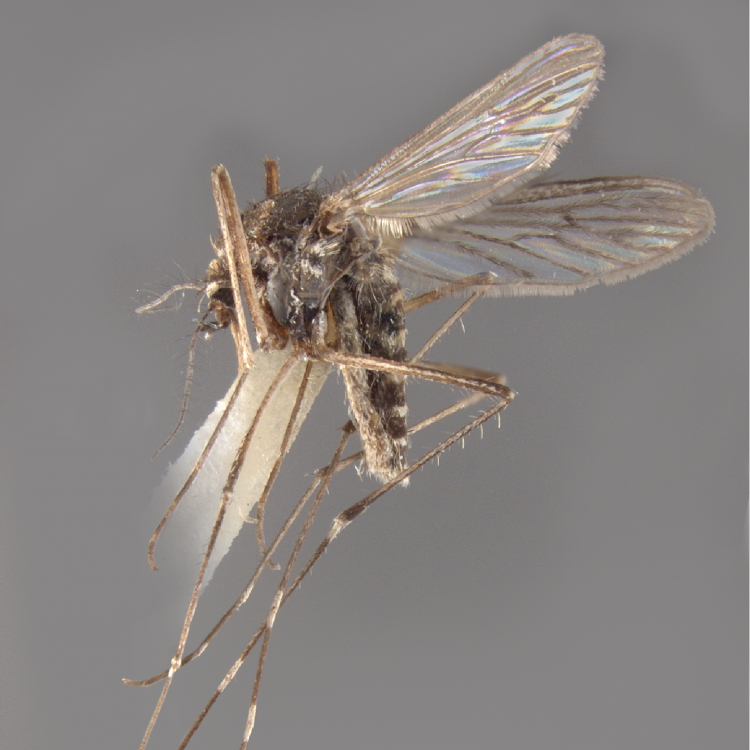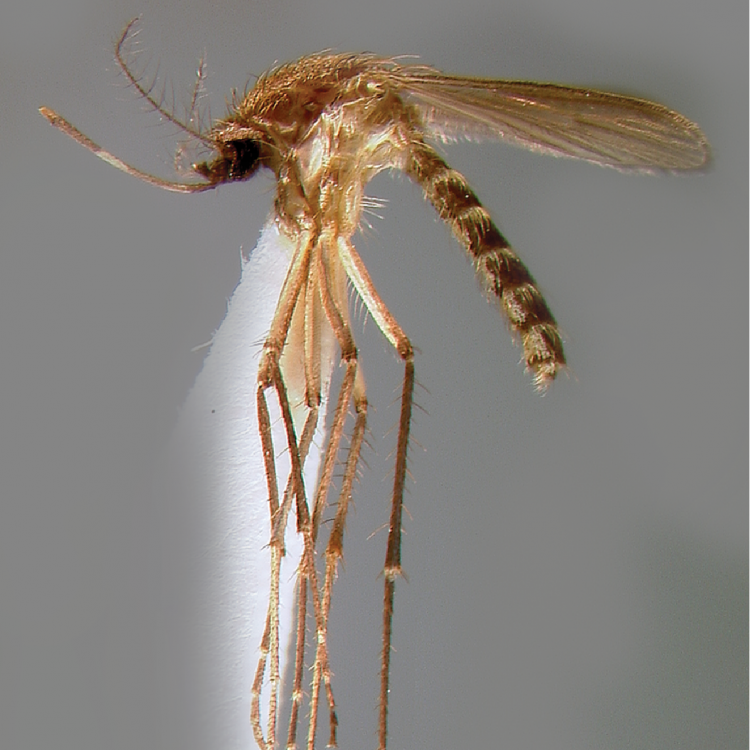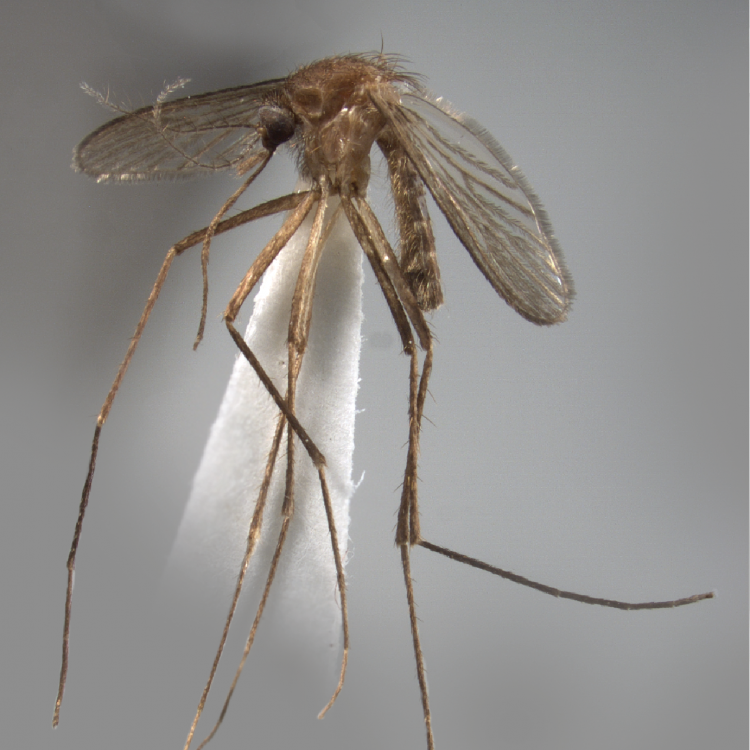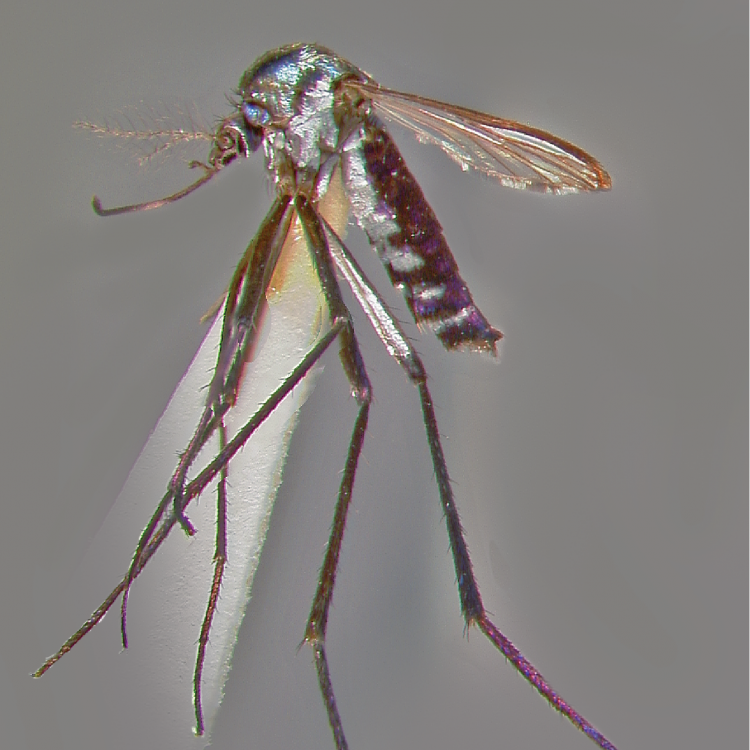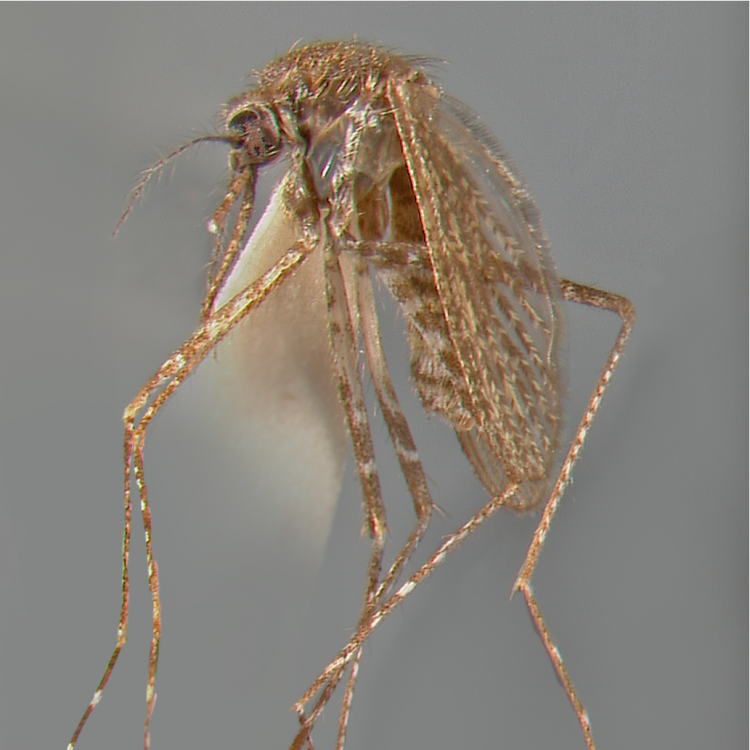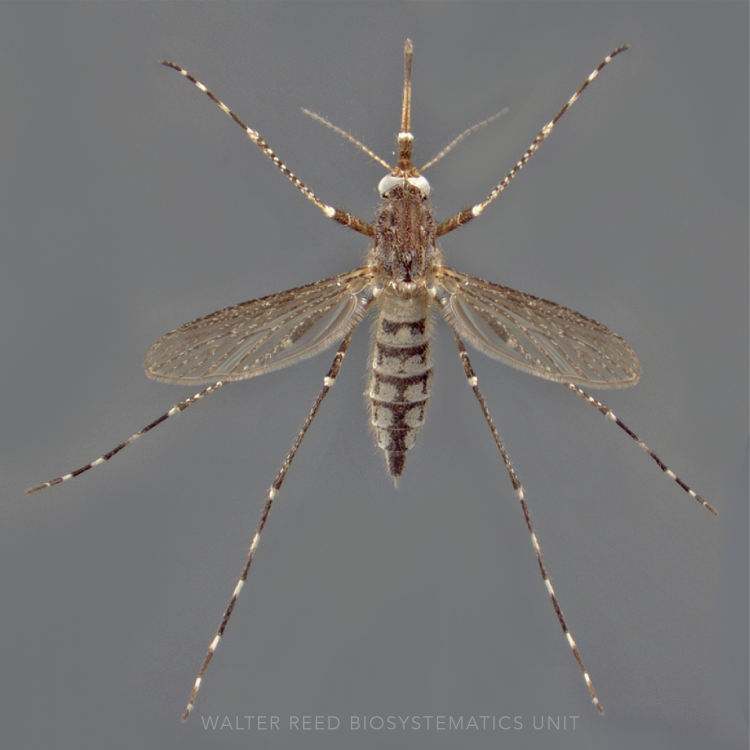ORIENTAL REGION
Etymology: Francisco Edlagan Baisas
Type locality: Los Banos [Laguna], Luzon, Philippines
Type depository: Natural History Museum, London, England, United Kingdom (NHMUK)
TAXONOMIC KEYS
None
![]()
WRBU - Genera - Global - Larva
![]()
WRBU - Genera - Indomalaya - Adult
![]()
WRBU - Genera - Indomalaya - Larva
![]()
WRBU - Anopheles Subgenera and Series - Indomalaya - Adult
![]()
WRBU - Anopheles Subgenera and Series - Indomalaya - Larva
![]()
WRBU - Anopheles (Cel.) Neomyzomyia Series - Indomalaya - Adult
WRBU - Anopheles (Cel.) Neomyzomyia Series - Indomalaya - Larva
![]()
WRBU - Anopheles (Cel.) Neomyzomyia Series - Oriental - Adult
![]()
WRBU - Anopheles (Cel.) Neomyzomyia Series - Oriental - Larva
Exemplar DNA sequences
None
DISTRIBUTION NOTES
Philippines
IMPORTANT REFERENCES
Colless 1957c: 137 (F, P, L)
Cagampang-Ramos & Darsie 1970 (F*, L*; keys)
Peyton 1990 (1989): 204 (as species)
Sallum et al. 2005: 24 (M, F*, P*, L*)
CURRENT SYNONYMS
None
CURRENT SUBSPECIES
None
CITED REFERENCES
Baisas, F.E. (1936b). Notes on Philippine mosquitoes. IV. The pupal and certain adult characters of some rare species of Anopheles. Philippine Journal of Science, 59(1), 65–98.
Baisas, F.E. (1974). The mosquito fauna of Subic Bay Naval Reservation, Republic of the Philippines. San Francisco, CA: First Medical Service Wing (PACAF), Technical Report 72-2.
Basio, R.G., & Reisen, W.K. (1971). On some mosquitoes of Guam, Marianas Islands (Diptera: Culicidae). The Philippine Entomologist, 2(1), 57–61.
Basio, R.G. (1971b). The Mosquito Fauna of the Philippines (Diptera Culicidae). Monograph No. 4). Manila, Philippines: National Museum of the Philippines.
Bonne-Wepster, J., & Swellengrebel, N.H. (1953). The anopheline mosquitoes of the Indo-Australian Region. Amsterdam, The Netherlands: de Bussy.
Colless, D.H. (1948). The anopheline mosquitoes of North-West Borneo. Proceedings of the Linnean Society of New South Wales, 73(3–4), 71–119.
Gater, B.A.R. (1933). On Anopheles baezai n. sp., from the Malay Peninsula. Bulletin of the Raffles Museum (Singapore), 8, 162–168.
Harrison, B.A., & Klein, J.M. (1975). A revised list of the Anopheles of Cambodia. Mosquito Systematics, 7(1), 11–12.
Harrison, B.A., & Scanlon, J.E. (1975). Medical entomology studies. II. The subgenus Anopheles in Thailand (Diptera: Culicidae). Contributions of the American Entomological Institute, 12(1), iv, 1–307.
Harrison, B.A., Scanlon, J.E., & Reid, J.A. (1973). A new synonomy and new species name in the Southeast Asian Anopheles hyrcanus complex. Mosquito Systematics, 5(4), 263–268.
Klein, J.M. (1977a). Deux nouvelles espècies de Topomyia du Cambodge (Diptera, Culicidae). Cahiers ORSTOM. Série entomologie médicale et parasitologie, 15(2), 123–129.
Lee, D.J., Hicks, M.M., Griffiths, M., Debenham, M.L., Bryan, J.H., Russell, R.C., . . . Marks, E.N. (1987b). The Culicidae of the Australasian Region (Vol. 5). Commonwealth Department of Health, School of Public Health and Tropical Medicine Monograph Series, 2. Canberra: Australian Government.
Nguyen Thuong Hien. (1968). The genus of Anopheles in Vietnam (Military Entomology Information Service, Trans.) Saigon: Bureau of Entomology, National Malaria Program/Republic of Vietnam.
Rattanarithikul, R., & Harrison, B.A. (1973). An illustrated key to the Anopheles larvae of Thailand. US Army Medical Component, SEATO, Bangkok, Thailand.
Rattanarithikul, R., Harrison, B.A., Harbach, R.E., Panthusiri, P., & Coleman, R.E. (2006b). Illustrated keys to the mosquitoes of Thailand. IV. Anopheles. Southeast Asian Journal of Tropical Medicine and Public Health, 128(Suppl. 2), 2.
Reid, J.A. (1950). The Anopheles umbrosus group (Diptera: Culicidae). I: Systematics, with descriptions of two new species. Proceedings of the Royal Entomological Society, 101(9), 281–318.
Reid, J.A. (1968). Anopheline mosquitoes of Malaya and Borneo. Studies from the Institute for Medical Research Malaysia, 31, 1–520.
CITE THIS PAGE
Walter Reed Biosystematics Unit (Year). Anopheles baisasi species page. Walter Reed Biosystematics Unit Website, http://wrbu.si.edu/vectorspecies/mosquitoes/baisasi, accessed on [date (e.g. 03 February 2020) when you last viewed the site].

